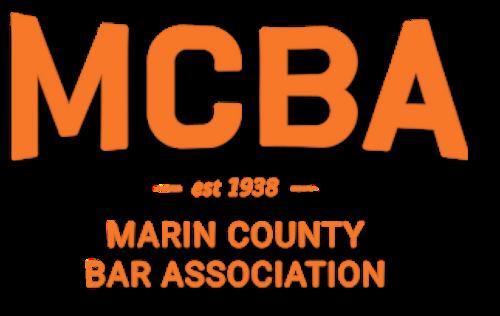T H E
M A R I N
L A W Y E R

Looking After Our Neighbors





T H E
M A R I N
L A W Y E R

Looking After Our Neighbors




Lead Editor: Morgan Daly
Guest Editors: Ingrid Carbone & Tom McInerney
Creative Director: Aariel Nigam
2025 Officers
President: Kristine Fowler Cirby
President-Elect: Thomas M. McInerney
Treasurer: Neusha N Ghaedi
Secretary: Robyn B Christo
Past President: Scott Buell
5 Year Past President: Matt White
Board of Directors
2025
Elisha J Yang
Lucie C Hollingsworth
Morgan H Daly
Nestor Schnasse
Shanti Eagle
2026
Christine O’Hanlon
Ingrid L Carbone
Marisa R. Chaves
Marrianne S. Taleghani
Roni D. Pomerantz
2027
Adrea S Tencer
Emily B Harrington
Paul Burglin
Sarah B. Anker
R. Wesley Pratt
Executive Director
Julie Cervetto
Membership & Events Manager
Denise Belli
Client Relations Chair
David M Zeff





The Marin Lawyer is published by The Marin County Bar Association 101 Lucas Valley Road, Suite 326 San Rafael, CA 94903 (415) 499-1314 info@marinbar org marinbar org
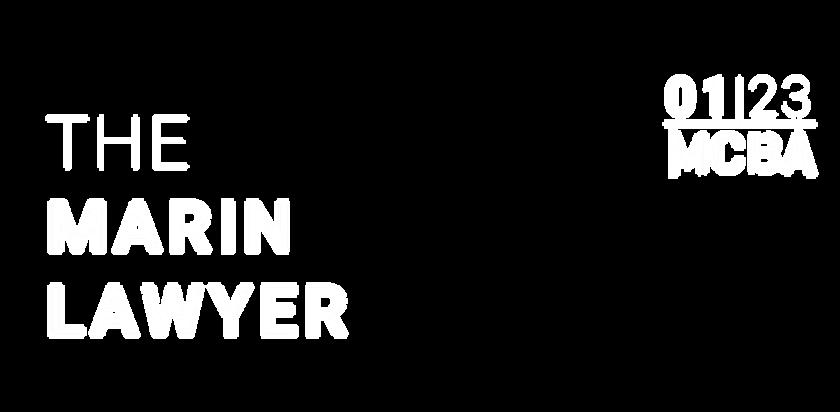

5 | Editor’s Introduction: Message from the Editor MORGAN DALY
7 | 2025 President’s Message KRISTINE FOWLER CIRBY
10 | ”Stick Your Neck Out”: Reflections on a Legal Awakening
HON VERNA ADAMS (RET.)
14 | Seeing the Unseen: Children of the Undocumented Caught in the Immigration Crossfire
MELISSA HARMS & ARCHER GREENLEE
20 | How Legal Aid of Marin is Meeting the Moment
LAURA MCMAHON
23 | Saying YES: A Foster Care Journey, and How Lawyers Can Change a Child’s Life
RODRIGO D. DIAS
28 | The Public Defender’s Public Outreach Brings Education. Support and Help Directly to the Community
RACHAEL KEAST
31 | Answering The Call For Pro-Bono Legal Services: Hanson Bridgett Is A For-Profit Firm Committed To Non-Profit Community Service
TOM MCINERNEY
35 | Supporting Justice in Marin: Court Seeks Volunteers to Ease Overburdened Calendars
KRISTINE FOWLER CIRBY
39 | Non-Profit Spotlight: Cedars of Marin Has Been Improving the Lives of the Developmentally Disabled for Over 100 Years
TOM MCINERNEY
44 | MCBA Member Profile: Morgan Daly
TOM MCINERNEY
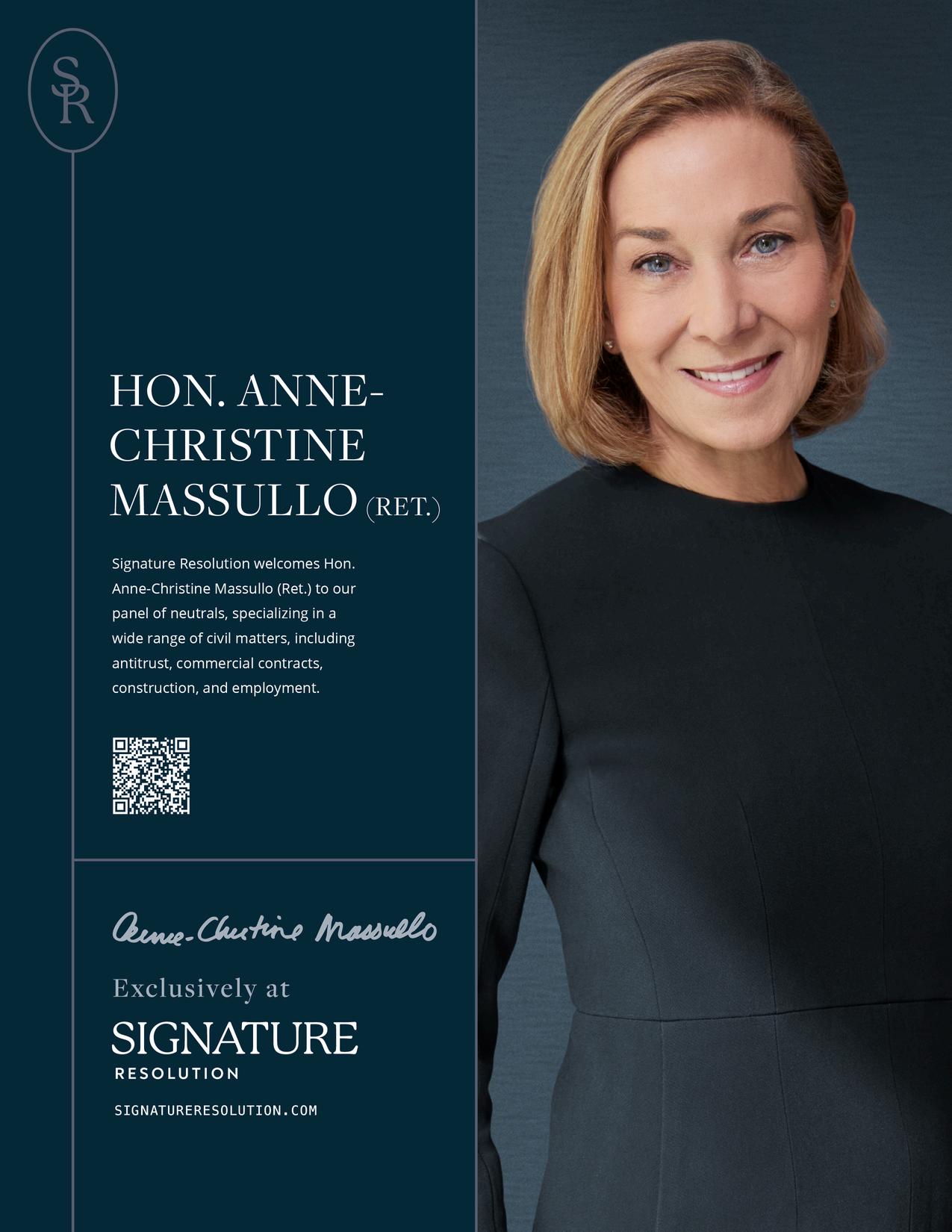
Morgan Daly
The theme for this issue is LOOKING AFTER OUR NEIGHBORS. Advocacy takes on a deeper meaning when the people we’re advocating for are marginalized in one way or another – foster children, the developmentally disabled, pro per litigants, immigrants, the children of undocumented immigrants, criminal defendants, and others whose lives have been marked by poverty, trauma, and hardship. Our neighbors need our help, and this issue addresses the question: What are the ways in which we, as lawyers, are uniquely poised to look after others in our community?
Retired Judge Verna Adams answers this question by recalling when she was a new attorney and seized the opportunity to stick her neck out to help a pro per litigant.
Melissa Harms, an immigration attorney and Archer Greenlee, a high school senior, co-author an article calling attention to the fear and heartbreaking trauma suffered by the children of undocumented immigrants.
Laura McMahon (they/them), Executive Director of Legal Aid Marin, writes about how LAM is meeting the moment with an exciting announcement: LAM is adding an immigration unit to their practice.
Rodrigo D. Dias talks about his personal journey of becoming a foster parent and how it led him to the Marin Foster Care Association, a nonprofit, of which he now sits on the board, that supports foster families and youth transitioning out of foster care.
Rachael Keast, an immigration attorney and deputy public defender writes about the community outreach efforts of the Public Defender’s Office aimed at preventing crime. Big Law can make a difference too. Tom McInerney highlights how Hanson Bridgett is answering the call to provide more pro bono legal services.
Looking after our neighbors can also be an opportunity for professional development. At the general membership meeting on September 3, Judge Andrew Sweet and Judge Stephen Freccero offered an MCLE training, “Step up for Justice: Volunteer with the Marin Courts” which MCBA president Kris Cirby summarizes for those who missed it.
In our non-profit spotlight, Tom McInerney profiles Cedars of Marin, a local organization supporting adults with developmental disabilities.
Finally, this issue also includes a Q&A with me, your editor for this issue. Tom’s thoughtful questions allowed me to share how meaningful my work in criminal defense is: it’s really all about helping people.
There are so many ways that MCBA members can answer the call to serve – from stepping up to assist a pro-per litigant, as Judge Adams did, to building a robust pro bono practice, as Hanson Bridgett has done. So how can you help? Start with where you are. If you want to help a pro per litigant, volunteer for Lawyers in the Library. If you want to help foster children but aren’t ready to become a foster parent like Rodrigo, you can donate time and money to MCFA.
If you’re troubled by the federal immigration practices, but not sure how to help – you can donate to LAM to support their new immigration practice or register to be a trained legal observer through the Marin Rapid Response Network.
Even though the need is dire, the response can be joyful: Attend a fundraising gala (helping people by going to a party? I’m in!), shop for gifts at The Artist Within - A Cedars Gallery, bond with friends and family through a community resource drive at MFCA, or connect with colleagues at MCBA’s coastal cleanup on Saturday, September 27.
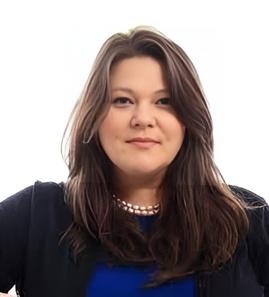
Morgan Daly has dedicated her legal career to defending the accused in the criminal justice system, both at trial and on appeal Morgan's San Rafael practice focuses on criminal defense and restraining order litigation She has served on the MCBA board since 2023, and recently joined the board of
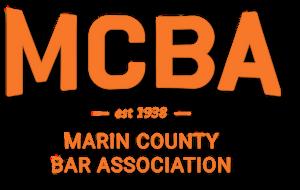
The Lawyers in the Library community service program is a collaboration between the Marin County Law Library and the Marin County Bar Association. Lawyers in the Library offers free 20-minute consultations with an attorney for individuals who cannot afford private legal services
Due to COVID-19, the program meetings take place via Zoom. Please sign up for a time to help today.
Thank you for supporting this important community service program.


Kristine Fowler Cirby
Dear
MCBA Members,
As attorneys, we are uniquely positioned to serve as pillars of support in our community. The law is not merely our profession it is our calling to stand beside those who need us most. My two decades at the Family & Children's Law Center, representing low-income families navigating complex family law and domestic violence matters, reinforced a fundamental truth that guides my approach to both practice and leadership: our neighbors need us, and we need each other.
Working with vulnerable populations taught me that legal expertise is just one part of what we offer. When a mother fleeing domestic violence sits across from my desk, or when a father struggles to maintain a relationship with his children while facing financial hardship, we provide more than legal counsel. We offer hope, dignity, and a pathway forward during people's darkest moments. These clients taught me that justice isn't an abstract concept, it's deeply personal and profoundly human.
Every case reinforced my belief that the practice of law is fundamentally about service. Whether we're drafting contracts, negotiating settlements,
or advocating in courtrooms, we are problemsolvers and advocates for those who often cannot advocate for themselves. This work shaped not only my practice but my understanding of what it means to be part of a profession dedicated to justice and service.
That experience also highlighted the vital importance of community both for those we serve and for ourselves as practitioners. The isolation many attorneys feel can diminish our effectiveness and our satisfaction with our work. We are stronger when we support one another, share resources, and build meaningful professional relationships.
This year, I've prioritized creating more opportunities for MCBA members to connect in person, fostering the relationships that strengthen our professional network and personal resilience. From networking events to continuing education programs with social components, we've focused on building the community bonds that make our association more than just a professional organization they make us a true community of advocates.
last day of the Bay Area MCLE Conference, November 13, 2025.
There's something powerful about working side by side with colleagues outside the courthouse or conference room, united in service to our shared home. Together, we can make a meaningful difference one neighbor, one cleanup, one conversation at a time.
Thank you,
Kris Cirby
I encourage everyone to join us for several upcoming opportunities to connect and serve. First, our Coastal Clean Up on September 27, 2025 a perfect chance to give back to our beautiful Marin community while building connections with fellow attorneys. We also have Thirsty Thursday events at the Rooftop Bar at the AC Hotel on October 2, 2025, and on November 6, 2025, at Mijo Grill following a free presentation at Book Passage featuring reading recommendations for our members. Finally, we'll gather for a social hour at Burren House after the
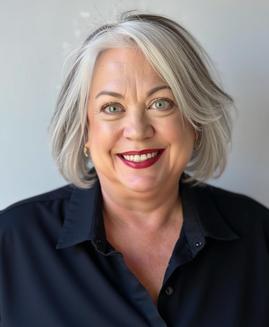
Kristine Fowler Cirby s a family law attorney with over 30 years of experience In 2019, she established her family law firm in Larkspur, handling all types of family law cases, including divorce, custody, domestic violence, and support matters Throughout her career, Kris has advocated for victims of domestic
nts, and low-income families. Kris was formerly the Executive Director at Family & Children’s Law Center. She currently serves on the board of Community Violence Solutions Kris previously held leadership roles with the Marin County Law Library and Marin Women's Commission In 2021, Kris received the Marin Trial Lawyers Association’s President’s Award
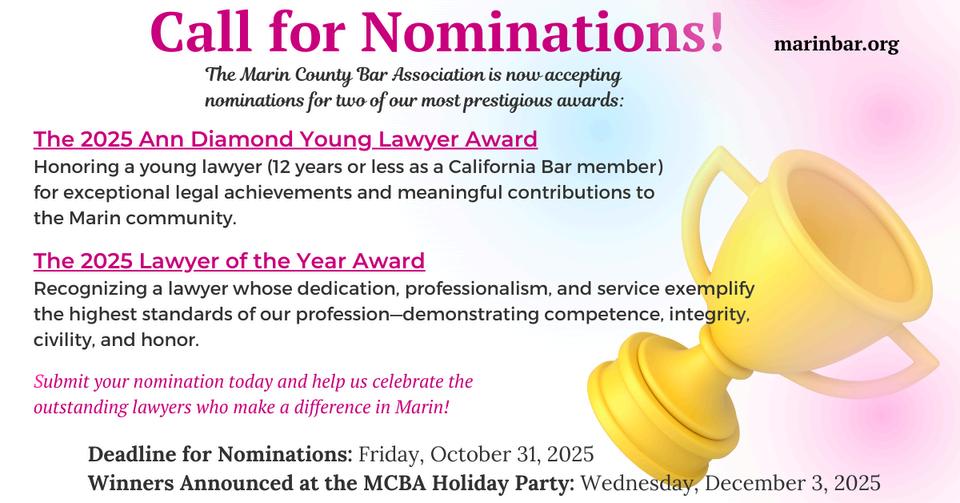
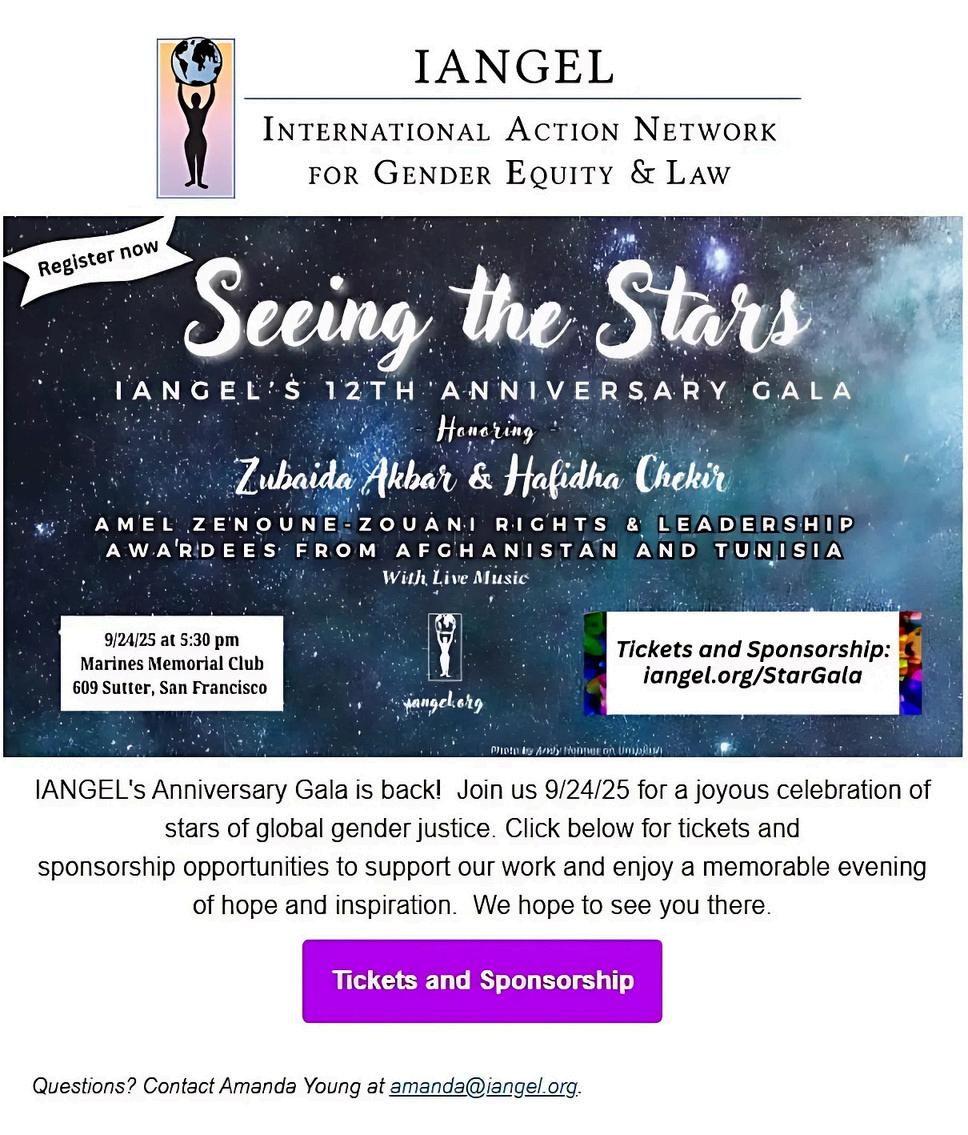
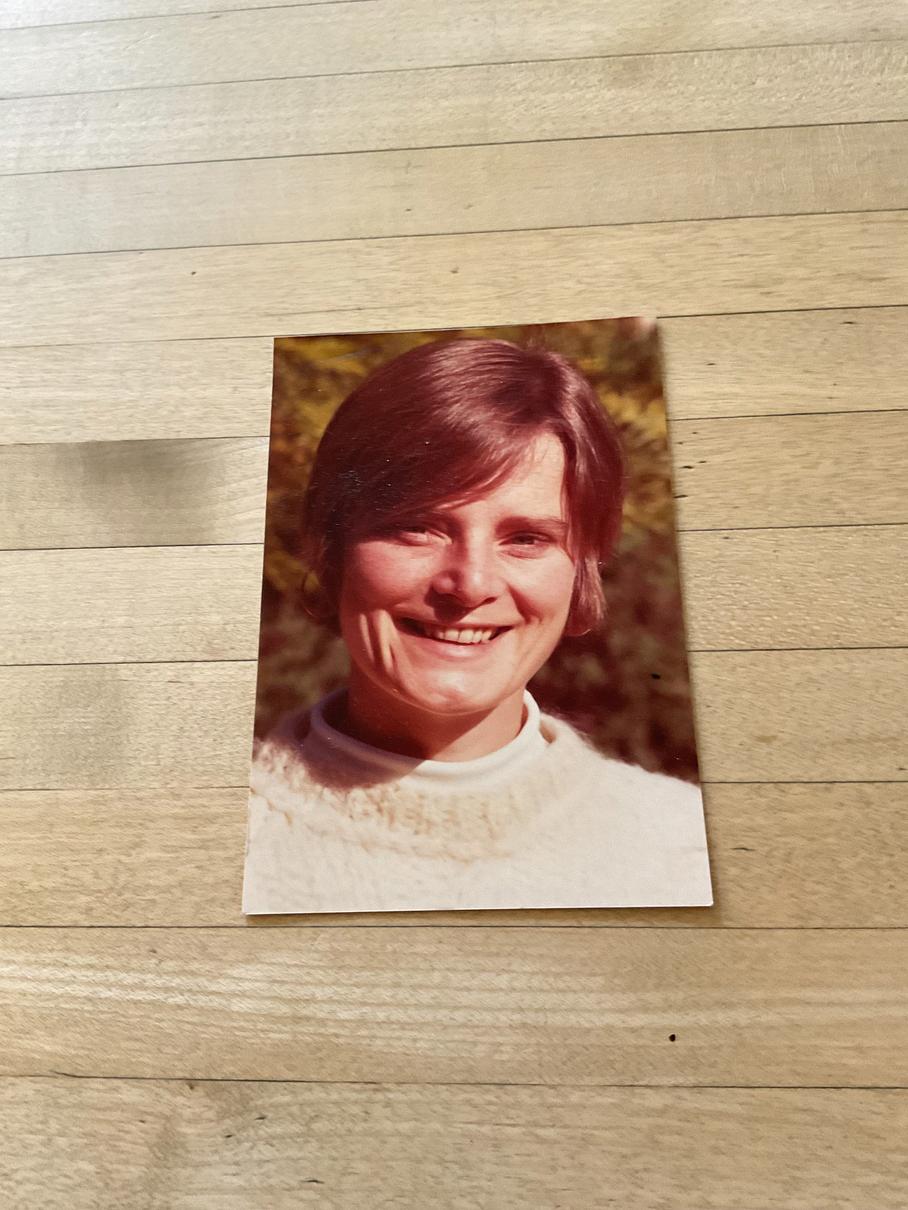
Hon. Verna Adams (Ret.)
As a fledgling attorney in 1972, I watched a woman walk into a San Francisco courtroom alone to obtain an uncontested divorce. I had no idea that day would forever alter how I viewed our legal system or, for that matter, how I would end up practicing law, serving on the bench, and later mediating disputes. But it did.
The judge swiveled his chair around to face the rear of the courtroom and began to stare longingly at the door to his chambers. The silence grew heavier. The woman looked around in quiet panic. Finally, she burst into tears and admitted she had no idea what to do next. Still nothing from the bench.
At that point, something pushed me out of my seat some mix of indignation, compassion, and perhaps just youthful idealism. I asked the judge whether, if the unrepresented woman agreed, I could ask her the standard boilerplate questions needed to move the case along. He didn’t object, though his reply was less than enthusiastic: “It’s OK with me if you want to stick your neck out.”
ness, despite the emergence of “no-fault” divorce statutes.
That day, I was in court with a client to finalize his own uncontested divorce. We were on the calendar, waiting patiently in a packed courtroom with that odd blend of anticipation and tedium that only morning call can produce. The case called before ours involved a woman representing herself. She looked prepared or at least hopeful as she walked briskly to the witness stand.
She sat down as instructed and dutifully swore to tell the truth. And then… silence.
This was likely a nod to the specter of malpractice liability, or perhaps just an old-school jab at younger lawyers taking unnecessary risks. I told him I’d take the risk. The woman, visibly relieved, nodded her agreement. I gently asked her the routine questions. Ninety seconds later, her judgment was granted.
She walked out of the courtroom with her divorce finalized and, I hope, with her dignity somewhat intact.
What stayed with me wasn’t just the moment itself, but everything around it. At no point did the judge ever make eye contact with her. It
wasn’t hostility. It was more like total disengagement a lack of emotional vocabulary for how to deal with a pro se litigant.
I would see that judge many more times over the years. We had a cordial enough relationship. He once referred me to his cousin for a family law matter in Marin. He was, in fact, a nice man by most measures. But that day, it was clear that “nice” didn’t mean “equipped.” He simply had no idea how to deal with someone who didn’t have a lawyer.
And that was the day I realized something crucial: the legal system isn’t just about laws and rules it’s about access. It’s about who kn how to navigate the system and who get behind. That courtroom moment became touchstone for how I approached the law just as an attorney, but eventually as a ju now, in my third act, as a mediator
When I was appointed to the bench in 19 brought that courtroom memory with me already clear, even back then, that the nu self-represented litigants was growing ra particularly in family law. From my earlie with the Family and Children’s Law Cent seen the trend from the trenches. But as I now had a bird’s eye view of the system its increasingly creaky joints.
Others had grown wary of lawyers (yes, it happens). Still others believed, often with misplaced optimism, that they could handle things themselves thanks to the internet and a few downloadable forms.
And so, in 2003, the Legal Self-Help Center of Marin was born.
Our aim wasn’t to replace lawyers, but to meet people where they were offering information, tools, and a little dignity for those who had no choice but to represent themselves. We wanted to offer a flashlight and a trailhead sign to people who had been walking into the forest blind

Our court, like many others, was operating under an outdated premise: that nearly everyone who came through its doors had legal representation. That might have been a reasonable assumption in 1965. It was laughably off-base by 2000. People were showing up in greater numbers, alone, confused, and anxious, trying to navigate a legal maze with no map.
Some were simply unable to afford legal help.
curiosity, and a few raised eyebrows from colleagues who feared it was the first step toward eroding the profession. It wasn’t. It was a safety valve for a system already bursting at the seams.
One of my unlikely heroes is Mrs. Georgina Weldon a name unfamiliar to most, unless you’ve stumbled across her Wikipedia page or happen to have a fondness for 19th-century English legal history.
Weldon was a self-represented litigant who famously took on multiple legal battles in the 1870s without the benefit of legal counsel. She sued her estranged husband, members of the medical establishment, and various other parties who underestimated her tenacity. Was she eccentric? Absolutely. But also fierce, focused, and decades ahead of her time.
I like to imagine her in a Victorian courtroom, flanked by scowling barristers, holding her own without a wig or a title. She would’ve fit right in with some of the self-represented litigants I’ve seen armed not with legal training, but with moral conviction, a stack of highlighted paperwork, and three copies of everything.
Even today, courthouse doors may be technically open, but the rooms inside are often functionally inaccessible We say “equal justice under law,” but too often it feels like one side has a compass and the other side has a blindfold.
For many self-represented litigants, it's not the law that’s intimidating it’s the process. It's the unwritten rules, the silent expectations, the way everyone else seems to know what to do except them. As legal professionals, we sometimes forget how alienating our world can be. We speak a language that isn’t taught in most schools. We wear robes. We rise and say things like “ may it please the court” with straight faces.
And yet, access to justice isn’t just about outcome it’s about the experience of being heard, seen, and respected.
I've learned over time that a little kindness goe long way. Humor helps too. I’ve had selfrepresented litigants inadvertently address me my first name. These aren’t moments of disrespect. They’re moments of disorientation.
A warm tone, a plain-English explanation, and a little patience can restore balance in a system that too often feels lopsided.
Today, I spend much of my time as a mediator, trying to help people find solutions outside of court. The courtroom still matters, of course. But for many people especially those representing themselves it remains an intimidating last resort.
That moment in 1972 still sticks with me. The image of the woman crying on the witness stand, the judge staring at the door, and the thick silence that hung in the air like fog in the Bay. What she needed that day wasn’t a miracle. She needed someone to look at her, talk to her, and guide her through a process that felt foreign and cruel.
I happened to be the one to do it, not because I was brave or brilliant, but because I couldn’t stomach the silence.
And as it turns out, that willingness to “stick your neck out” became a theme that followed me through my career. It led me to push for court innovation, to champion self-help centers, and to see the law not just as a profession but as a public service.
So, to my fellow lawyers reading this: let’s keep sticking our necks out when it counts. You never know whose day, or career, you might change in 90 seconds flat.
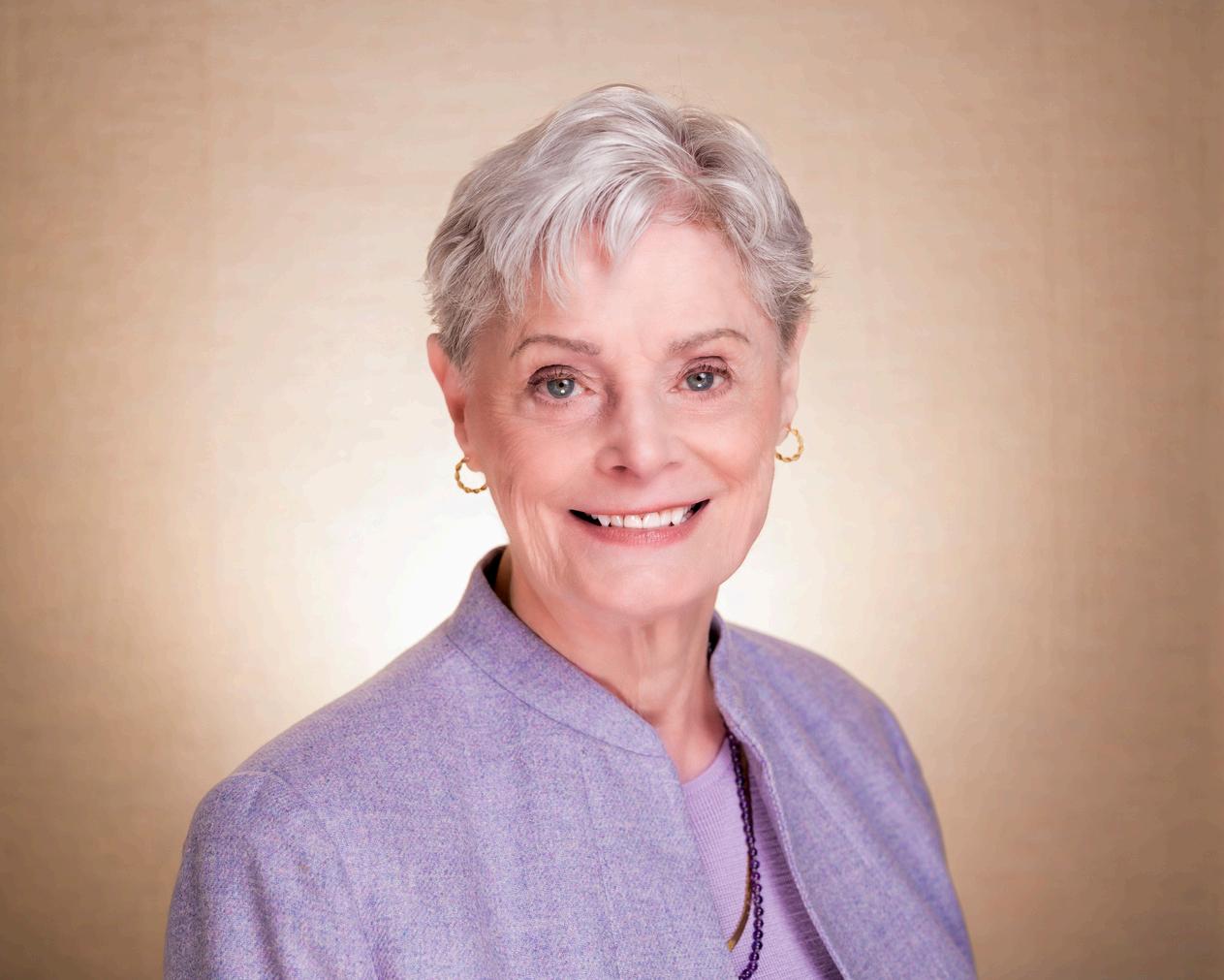
Retired Judge Verna Adams continues to serve the legal community through volunteer settlement work, mediation, private judging, and mentoring. She is still learning how to take a real lunch break
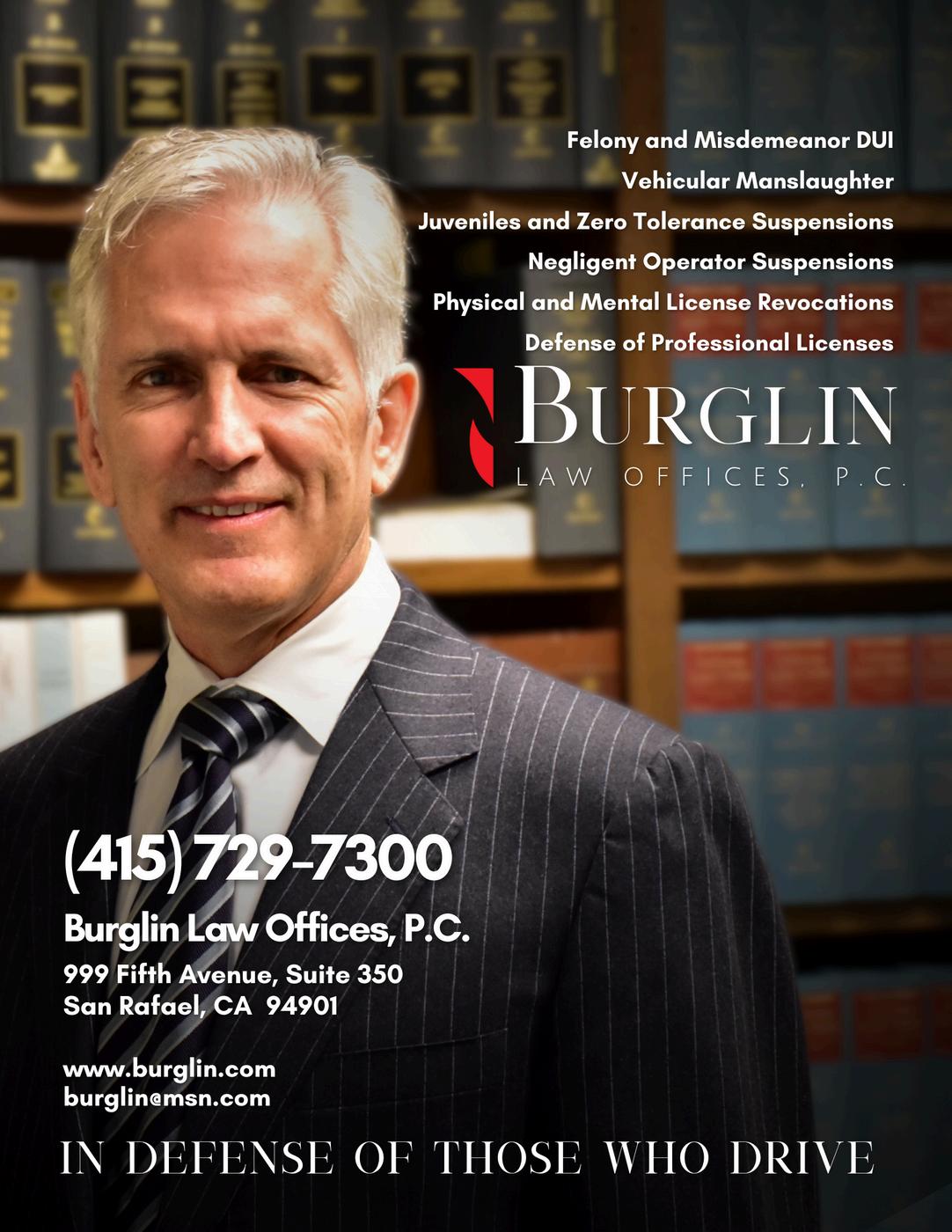
Melissa Harms & Archer Greenlee
In the United States, undocumented immigrants face unprecedented aggressive enforcement actions through Immigration and Customs Enforcement (ICE) raids and deportations that deeply traumatize families and communities. Children of undocumented immigrants often bear the brunt of these policies, facing sudden separations, psychological distress, and long-term instability. These effects are being felt by youth right here in Marin County.
Despite the urgent need for comprehensive immigration reform, there has been no significant legislative relief for undocumented individuals seeking legal status and ways for families to protect themselves and their children. The Deferred Action for Childhood Arrivals (DACA) program, announced by the Department of Homeland Security on June 15, 2012, offers temporary protection from deportation and work authorization to certain undocumented youth brought to the U.S. as children. However, DACA does not confer lawful immigration status and remains vulnerable to legal and political challenges. Furthermore, while DACA recipients can still renew their benefits, as of July 16, 2021, 1
the United States Citizenship and Immigration Services (USCIS) will not accept new applications. Earlier legislative measures, such as Section 245(i) of the Immigration and Nationality Act, allowed certain undocumented immigrants to adjust their status if they had a qualifying petition filed before April 30, 2001, and paid a penalty fee. The most sweeping relief came with the Immigration Reform and Control Act (IRCA) of 1986, which granted amnesty to approx imately 2.7 million undocumented immigrants who had resided continuously in the U.S. since before January 1, 1982. These pathways have long since closed, leaving millions in legal limbo and vulnerable to enforcement actions under new administrations. 2 3

When Donald Trump first launched his presidential campaign in 2015, he promised to deport millions of unauthorized immigrants and dismantle protections for sanctuary cities. Upon taking office for a second term in 2025, he swiftly issued executive orders to expand ICE powers and redefine enforcement priorities. On July 4, 2025, Trump signed the so-called “Big Beautiful Bill,” a budget reconciliation package that allocated over $170 billion to immigration enforcement, including $30 billion for ICE expansion, $45 billion for detention facilities, and $51.6 billion for border wall construction. This legislation made ICE the highest-funded federal law enforcement agency, surpassing the combined budgets of the FBI, DEA, ATF, and the U.S. Marshals. 4 5

In Executive Order 13768, Enhancing Public Safety in the Interior of the United States, the Trump administration targeted sanctuary jurisdictions by threatening to withhold federal funding from cities that limited cooperation with ICE. Additionally, ICE has intensified its crackdown on sensitive locations. While the agency had previously followed internal guidance to avoid enforcement actions in schools, churches, and hospitals, Trump’s new directives removed these limitations, allowing raids in places once considered off-limits. Reports have surfaced of ICE targeting high school students in the community and surrounding school events, a shift that has drawn widespread condemnation from civil rights groups and legal scholars. 6 7
These aggressive policies, backed by sweeping executive orders and unprecedented funding, have reshaped the landscape of immigration enforcement in America, leaving undocumented families, especially children, in a state of fear and vulnerability.
As a result of these draconian enforcement measures, the U.S. citizen children of un documented parents, faced with the threat of parental deportation, grapple with overwhelming difficulties affecting their physical and mental health. Due to the heightened level of stress in their day-to- day lives, these children experience anxiety, depression, and sadness, causing them to have trouble sleeping, withdraw from their family and friends, and become unwilling to communicate with others. They may live in a state of constant hyper-alertness, constantly scanning for threats around them. The effects are detrimental, affecting their social and emotional well-being, academic performance, and can lead to serious behavioral problems.
8
Children of undocumented parents also suffer from poorer physical health compared with children of documented parents. Exacerbating matters, U.S. citizen children of undocumented 9 immigrants may face daunting barriers to accessing healthcare, since their parents are often unable to obtain insurance coverage or a healthcare provider. Furthermore, studies have found that faced with a parental deportation, children with pre-existing health conditions such as asthma were more likely to experience worsened symptoms. They were also more likely to suffer from frequent physical ailments, such as headaches, stomachaches, and fatigue.
11
Children who have experienced parental deportation exhibit even more pronounced symptoms of Post-Traumatic Stress Disorder (PTSD), particularly if they witnessed firsthand
the arrest or detainment of their parent. Studies have shown that these children are more likely to cope by externalizing their emotions, such as engaging in risky behavior and acting out, or internalizing their emotions, which manifests as withdrawal, depression, and feelings of guilt. Living in a community facing the ongoing threat of deportation can serve to continually trigger the child’s PTSD symptoms. 12 13 14
In Marin County, immigrant communities have deeply felt the impact of intensified immigration enforcement, as reported by local advocacy organization Canal Alliance. Anxiety has surged among residents of all ages and immigration statuses, fueled by frequent news of ICE raids and growing rumors of local enforcement actions.
Canal Alliance’s Immigration Legal Services team is actively advising clients on these risks, while their therapists report rising stress levels among families. In speaking with Isabel French, Director of Marketing and Communications, she explained that many of their youth clients express a fear of going outside, even to parks, drawing comparisons to the isolation of the pandemic. Parents are increasingly hesitant to send children to school, with some considering homeschooling. Others are reluctant to apply for government benefits like Medi-Cal, fearing exposure to enforcement. In response, Canal Alliance continues to advocate for immigrant families to develop contingency plans, including childcare affidavits, to prepare for potential deportation scenarios. As French relates, the contingency plan, “while critical, is a sad testament to what so many families are facing right now. ”
Humanizing the experiences of children affected by immigration enforcement underscores the profound psychological trauma endured by those in precarious and vulnerable circumstances.
According to the American Immigration Council, 17.6% of Marin County residents are immigrants, and 5.9% of all U.S. citizen children live with one undocumented parent. Even with these high figures, in preparing for this article, the authors found it difficult to convince local teens to relate their stories out of fear for themselves and their parents. We were able to speak to a senior in high school, whom we will refer to as “F” to protect her privacy. Although F is not the child of an undocumented immigrant, her story nevertheless underscores the profound psychological trauma that teens face due to the current administration’s immigration-related fear tactics. 15 16
Born in Ethiopia, after her parents passed away when she was a baby, F was adopted by a U.S. citizen and brought to the United States, thereby becoming a U.S. citizen. During the first Trump administration, she and her parent encountered an issue with her immigration status However, with the help of an immigration attorney, she obtained all the necessary paperwork to prove her U.S. citizenship. This event, however, sparked fear for F and her parent that perhaps her status in the United States was not as secure as they had always believed, bringing on a heightened sense of vigilance in their everyday lives.

During the second Trump administration, F’s outlook dramatically worsened. Recently, F’s good friend, who was adopted from Ghana as a young child, was picked up by ICE at her home. F has not been able to contact her friend and believes she was deported. F had always understood that, like her, her friend was a U.S. citizen. This event has worsened her fears and impacts her daily life. She carries her passport with her. She keeps a bag packed. She has also purchased a ticket out of the country as a precautionary measure and moves the departure date forward each month. In addition, F told us that her fears affect what she is able to do, saying that when ICE raids are higher, she stays in more. The threat of deportation, as well as first-hand exposure to ICE raids on the streets, has resulted in PTSD-like symptoms. F exhibits symptoms including nightmares, anxiety, and trouble sleeping. While she rationally understands that her likelihood of deportation is low, she states that this knowledge does not lessen the psychological and emotional toll it takes on her every day.
From ICE raids in sensitive locations to the administration’s daily quota of immigration
arrests, these measures have left families, especially children, in a state of fear, instability, and psychological distress. In Marin County, this crisis is acutely felt, with local youth expressing symptoms of PTSD and families withdrawing from public life out of fear. While news reports publicize the unrelenting arrests and deportation of immigrants who have lived in the U.S. for their entire lifetimes, the children of these individuals are living in the shadows, facing a relentless erosion of their sense of safety, belonging, and identity. It is time for immigration reform to create a pathway for these families and for our government to protect the most vulnerable and create a safer future for these children.
For those looking to make a difference in the lives of immigrant children, readers are encouraged to consult the recent MCBA article, for suggestions on supporting Canal Alliance. Additionally, the American Immigration Council (AIC) promotes a fair and just immigration system through litigation, policy research, advocacy, public education, and cultural exchange programs. Visit American Immigration Council for more information.
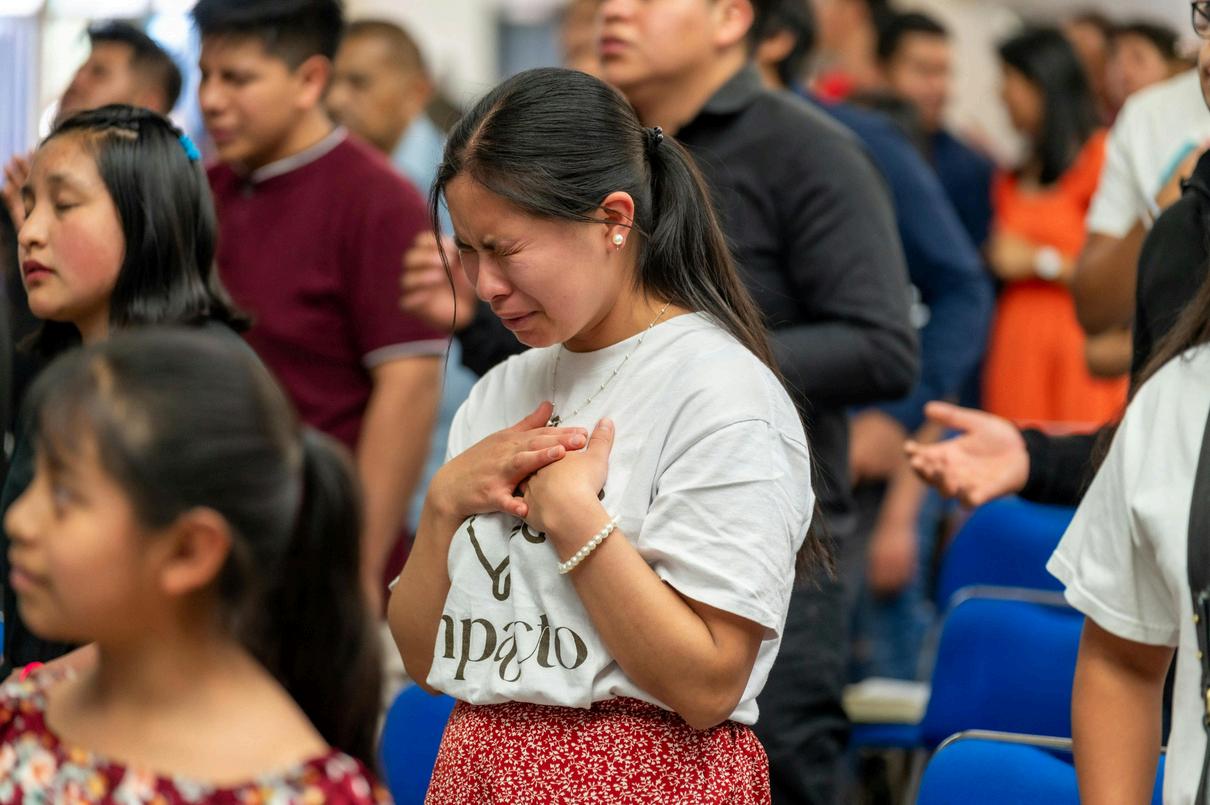
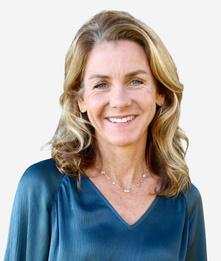
Melissa Harms has been practicing immigration law for nearly 25 years, operating Harms Immigration Law in Marin County for the past 20 years Melissa has taught courses on immigration law through both California State University and the University of California for human resource professionals
ly speaks on immigration law at numerous ding the American Immigration Lawyers Association e Worldwide Employers Relocation Council national and has been interviewed by the BBC as an expert n issues
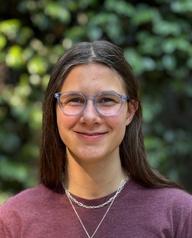
Archer Greenlee is a senior at Mercer Island High School with an interest in psychology and plans to continue their studies in college Archer feels strongly about immigration issues and protecting the rights of children.
Memorandum Title: Exercising Prosecutorial Discretion with Respect to Individuals Who Came
to the United States as Children, Issued By: Secretary of Homeland Security Janet Napolitano Date: June 15, 2012. Source: U.S. Department of Homeland Security (DHS)
https://www.uscis.gov/DACA
Congressional Research Service Report: Unauthorized Immigrants’ Eligibility for Federal and
State Benefits: Overview and Resources, CRS Report Number R47318, published November 29, 2022.
One Big Beautiful Bill Act (H.R.1 - 119th Congress), which became Public Law No: 119-21 on
July 4, 2025
https://www.cnn.com/2025/07/09/politics/ice-cbp-police-los-angeles-immigration
https://www.federalregister.gov/documents/2017/01/30/2017-02102/enhancing-public-safety- 6 in-the-interior-of-the-united-states
https://www americanimmigrationcouncil org/blog/graduation-ice-targets-young-dreamers/
Ramos-Sánchez, L., & Llamas, J. D. (2024). Immigration Policy and Latinx/é Children from 8 Mixed-Status Families: Mental Health Consequences and Recommendations for Mental Health Providers. Children, 11(11), 1357. https://doi.org/10.3390/children11111357
Gelatt, J. (2016). Immigration Status and the Healthcare Access and Health of Children of Immigrants. Social Science Quarterly, 97(3), 540–554. https://doi.org/10.1111/ssqu.12261
9 Id. 10
Martinez-Donate, A., M. Gudelia Rangel, Jamile Tellez Lieberman, J. Eduardo Gonzalez- 11 Fagoaga, Amuedo-Dorantes, C., Elizabeth McGhee Hassrick, Valdez, C., Wagner, K., Turcios, Y., Ahmed Asadi Gonzalez, & Zhang, X. (2024). Between the Lines: A Mixed-Methods Study on The Impacts of Parental Deportation on the Health and Well-being of U.S. Citizen Children. Journal of Migration and Health, 9, 100233–100233. https://doi.org/10.1016/j.jmh.2024.100233 Allen, B., Cisneros, E. M., & Tellez, A. (2015). The Children Left Behind: The Impact of 12 Parental Deportation on Mental Health. Journal of Child and Family Studies, 24(2), 386–392. https://doi.org/10.1007/s10826-013-9848-5
13
Gulbas, L. E., Zayas, L. H., Yoon, H., Szlyk, H., Aguilar-Gaxiola, S., & Natera, G. (2015).
Deportation experiences and depression among U.S. citizen-children with undocumented Mexican parents. Child: Care, Health and Development, 42(2), 220–230. https://doi.org/10.1111/cch.12307 Ramos-Sánchez et al, 2024. 14 https://data.americanimmigrationcouncil.org/map-the-impact/ 15 https://map.americanimmigrationcouncil.org/locations/national/ 16

Laura McMahon (they/them)
Legal Aid of Marin, or LAM as we affectionately call us, has responded to the legal needs of Marin’s marginalized communities for almost 70 years. Over time, our service areas have shifted in response to patterns of oppression and injustice. After all, injustice is a chameleon. It changes shape, color, and structure to ensure it remains elusive and camouflaged by indifference to human suffering. So, while we now practice housing law, employment law, and poverty alleviation legal services, when certain communities face escalating attacks that threaten their very humanity, LAM will rise to meet the moment. Indeed, this fall, LAM will expand to become an immigration legal services provider.
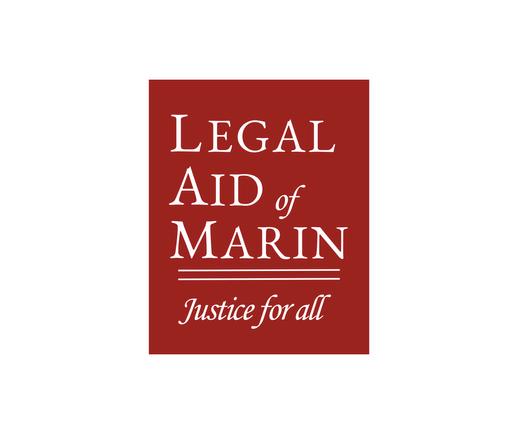
So how will this work? Because of the generosity of the Marin Community Foundation and support of the California Access to Justice Commission, LAM secured funding to hire a pro bono manager, an immigration staff attorney, and an immigration legal assistant. Our approach to this effort will be twofold.
First, we are hiring an immigration staff attorney and a legal assistant who will embed themselves in the communities we serve and provide placebased legal services that are responsive to their immediate needs arising from their immigration status. In many instances–and often dictated by the way grants are structured–legal aid organizations decide which services they will provide when seeking funding and then communities opt in based on eligibility and aligned need once they’re available. But this program will be distinct from the traditional legal aid service structure.
LAM’s immigration staff attorney will practice community-centered immigration law, maintaining a caseload informed by the emergent needs voiced by clients. The attorney will work on site at LAM’s office and spend one day per week working at North Marin Community Services, a critical partner aligned in service to Marin’s immigrant communities. It is a privilege to have the trust of funders and partners whose belief in this community-centered approach to legal aid makes this strategy possible.
LAM is also hiring a pro bono manager. This attorney will have substantial immigration law experience and work with large law firms to secure pro bono representation in removal defense matters. Additionally, this lawyer will identify potential impact litigation and cocounsel with firms dedicated to improving lives for immigrants at a systemic level. This approach
is critically important as immigration enforcement activity is escalating day-by-day in the communities we serve. Our partnerships with local, regional, national, and global law firms will make this work possible as we join forces to seed impact.
Legal aid is scarce in Marin. With a 17-member staff serving the entire County, this expansion will not be easy for LAM. But this is what we know we must do to ensure that our mission has the greatest chance of breathing its full potential. We cannot look back on this time in history and say we didn’t stand up and grow to meet this moment alongside our neighbors.
What can you do to help? So much. First, please share these position descriptions with your networks. If you’re an immigration attorney or interested in becoming a legal assistant, consider applying Volunteer to meet the moment with us In addition to immigration legal services, we have opportunities in housing law, employment law, and poverty alleviation services. Donate to support our work. Every. Dollar. Counts.
In our line of work, each day brings significant challenges. Whether it’s a neighbor detained, a tenant evicted, or a worker denied their earned wages, the level of injustice we see feels consuming. But when you have a sphere of influence–in our case, a Marin-shaped sphere of influence–it is a true gift to be able to reflect, recalibrate, and meet this moment by expanding into an area of law with the greatest amount of need. Times like these are the reason LAM exists in the first place. We do this because we must. We must because justice means all of us.
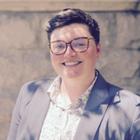
Laura McMahon (they/them) is the Executive Director at Legal Aid of Marin. To learn more about LAM’s work and impact in Marin, visit LAM’s website and attend the Jam for Justice on September 18
CALIFORNIA COASTAL CLEAN UP (IN PERSON)
Saturday, September 20th 9:00 AM-12:00 PM MCBA Community Service Day
BASF ADR DEPT, COSPONSORED WITH MCBA ADR (VIRTUAL)
Saturday, October 4th
8:00 AM - 5:30 PM
Mediator Certificate Training - Five Days
ANNUAL JUDGES' LUNCHEON (IN PERSON)
Wednesday, October 22nd 11:30 AM-1:00 PM
Honoring the Marin County Superior Court Judges and Commissioners
2025 BAY AREA MCLE CONFERENCE
Wednesday, November 12th 9:00 AM-5:30 PM
Collaborative Virtual Conference Hosting Scholars and Legal Experts

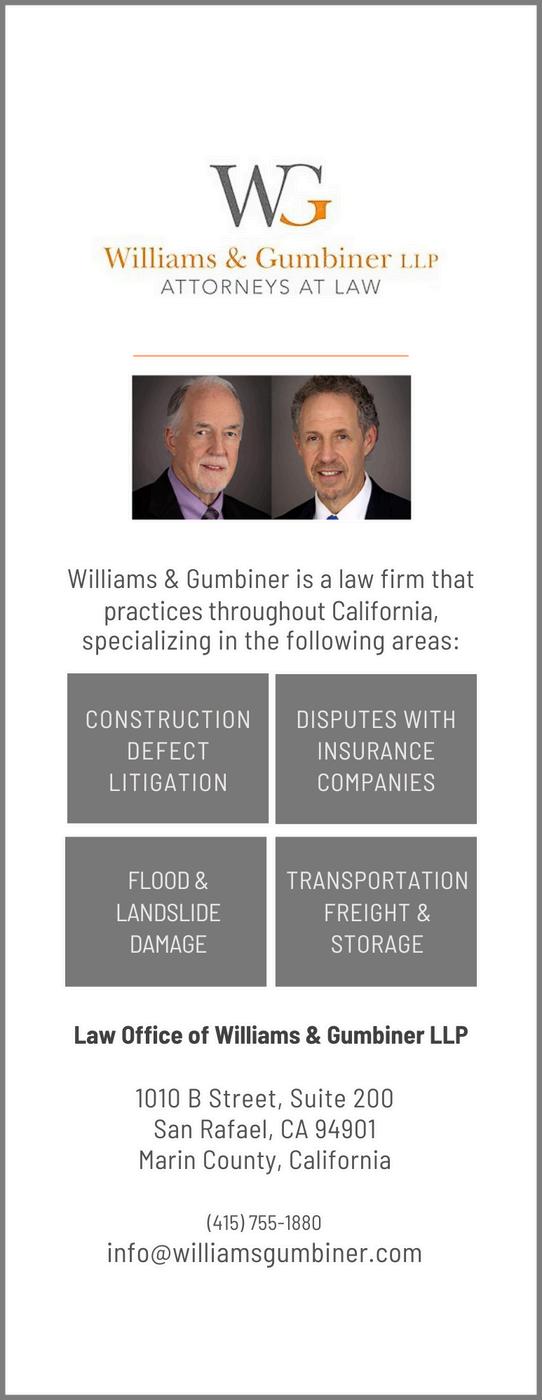
Rodrigo D. Dias, Board Member & Treasurer, Marin Foster Care Association
In September 2016, my husband Jason and I received a phone call that would change the course of our lives forever. Six months earlier, we had taken a leap of faith ourselves buying our first home together in San Rafael after nearly two decades of living in San Francisco. We were just settling into our life in the suburbs, enjoying the extra space, the quiet streets, and the slower rhythm of life. One of the reasons we moved was simple: we wanted to start a family.
That afternoon, the phone rang with a question we knew could be coming. A social worker told us there was a one-and-a-half-year-old girl named Annabelle in foster care. She might need
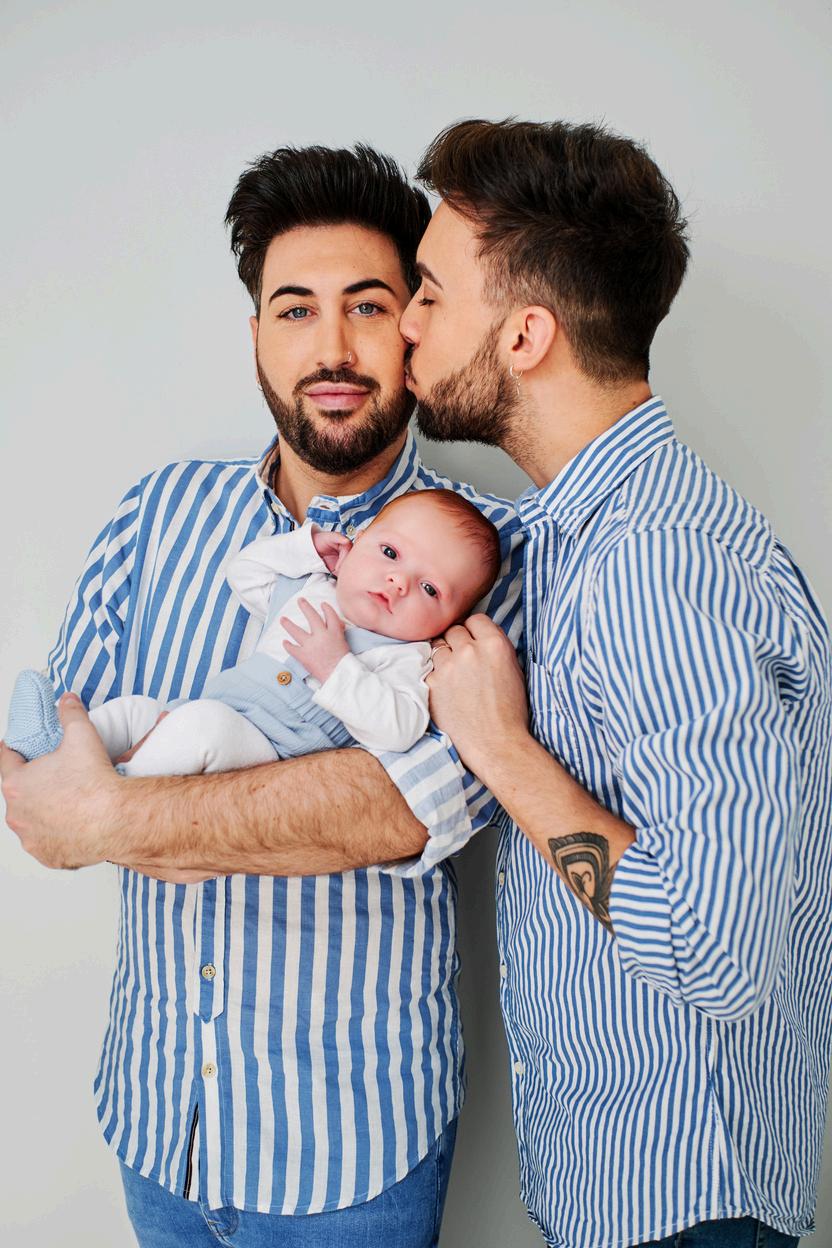
Fast forward to February 2022. The three of us Jason, Annabelle, and I were driving home from a weekend trip celebrating my 48th birthday. My phone rang again, and I recognized the number immediately. This time, it was about a 7-monthold boy named Layton. He had been placed in foster care the day he was born and might need a permanent home.
Jason and I looked at each other. We already knew the answer: Yes.
In December 2022, Layton officially became our son. This time, the most important Yes in the courtroom came from Annabelle herself when the judge asked if she was ready to have a baby brother. She grinned, nodded, and spoke the word that had already changed our lives twice.
Our family’s story is just one among thousands of stories of families who open their hearts and homes when a child needs safety, stability, and love. Some say Yes for a night. Others say Yes for a year. And some like us say Yes for a lifetime.
But behind each Yes is an entire network of support: social workers, court-appointed special advocates, therapists, educators, extended family members, and yes lawyers all working together to help children in crisis find stability and hope.
In California, there are nearly 40,000 children in the foster care system at any given time. They
enter the system for many reasons abuse, neglect, parental incarceration, mental illness, or the death of a caregiver. Often, these children have already endured more in their short lives than most adults will ever face.
When they enter foster care, they need more than just shelter they need stability, consistency, advocacy, and a community willing to rally around them. That’s where organizations like the Marin Foster Care Association (MFCA) step in.
The Marin Foster Care Association’s Mission
I am proud to serve as Treasurer and a member of the Board of Directors for MFCA, an organization dedicated to supporting foster families and the children they care for. Our mission is simple but powerful: to equip caregivers and deliver resources that foster youth need to heal and thrive.
MFCA’s work is comprehensive, practical, and deeply personal. Through our Community Resource Center, we provide children and their caregivers with everything they need to settle into a new home from clothing and shoes to school supplies and comfort items like stuffed animals and blankets.
Our Opportunity Project grants help fund educational and recreational activities music lessons, sports leagues, art classes, summer camps giving foster youth the same opportunities for enrichment and exploration as their peers.
And because the journey doesn’t end when a child turns 18, MFCA also focuses heavily on transition-age youth young people aging out of foster care who often face housing insecurity, unemployment, and limited access to higher education.
In Marin County alone, there are between 25 and 35 transition-age foster youth in the dependency system at any given time. Even though these youth are legally adults, they lack the resources the rest of us take for granted when embarking on adulthood. While housing vouchers can help them afford rent, landlords are often reluctant to rent to someone with no rental history, no family co-signer, and minimal financial resources.
The MFCA has seen firsthand how precarious this stage of life can be and how quickly a young person can fall into homelessness. That’s why the MFCA Board made it a strategic priority to find creative solutions to the housing shortage for this group.
Our answer was bold: purchase housing ourselves MFCA now owns two apartment buildings dedicated to providing safe, stable housing for transition-age foster youth. These homes offer more than a roof they provide security, a sense of belonging, and a chance to launch into adulthood on solid ground.
Foster care can be both deeply rewarding and incredibly challenging. Caregivers often navigate complicated relationships with birth families, deal with trauma-related behaviors, and work within a complex legal and bureaucratic system all while meeting the day-to-day needs of a child.
MFCA helps foster families stay strong by hosting trainings, community events, and therapeutic support. We know that when caregivers feel connected and supported, they are more likely to continue in their role and that continuity is critical for the children in their care.
stakes are high. Every decision from whether a child is placed with relatives to whether reunification is attempted has life-altering consequences.
Here’s how MCBA attorneys can help:
1.Represent Foster Parents and Relatives
Foster parents and relatives often have critical information about a child’s needs and progress, but they may not know how to make their voices heard in court. Lawyers can help them navigate the process, file for de facto parent status, and ensure their insights are considered in decision-making.
2.Advocate for Services
Many foster youth require specialized services therapy, educational support, medical care that can be delayed or denied without strong advocacy. Lawyers can push agencies to meet their legal obligations promptly.
3.Support Transition-Age Youth
Attorneys can assist with housing disputes, employment rights, and education-related legal issues for youth aging out of the system. These interventions can mean the difference between stability and homelessness.
4.Work Pro Bono
As a family law attorney, I’ve spent nearly two decades navigating the court system, advocating for clients, and working to resolve high-stakes family disputes. But it is my personal experience as a foster and adoptive parent that gives me a unique perspective on how lawyers can make a difference for children in foster care.
Lawyers are often at the very heart of the process. Dependency cases move through juvenile court, where timelines are tight and
Not every case comes with a paying client. Pro bono representation for foster youth, relative caregivers, or foster parents can have an immeasurable impact.
5.Legislative Advocacy
Lawyers are uniquely positioned to influence policy-drafting legislation, testifying before committees, and helping shape laws that better protect children in foster care.
I know firsthand that the legal profession can be all-consuming. It’s easy to believe there’s no time to take on “one more thing.” But I also know that when we, as attorneys, use our skills for the benefit of children in foster care, the return is beyond measure.
Saying Yes doesn’t always mean becoming a foster parent. It can mean representing one. It can mean mentoring a youth who’s aging out of care. It can mean volunteering with organizations like MFCA, donating to programs that provide stability, or simply showing up at a training to learn how the system works.
When Jason and I said Yes in 2016, we had no idea where that road would lead. We didn’t know we’d one day say Yes again to a baby boy. We didn’t know we’d be part of an organization tackling systemic challenges like housing for transition-age youth.
But what we did know and what I want every lawyer to know is that every Yes matters.
What we also knew was that after adopting our son that we wanted to remain connected to the community that supported our family when we said Yes–we wanted to pay it forward.
You don’t have to solve the entire system to change a child’s life. Sometimes, you just have to answer the call.
Because when you do, you’re not just saying Yes to a case, or a cause, or a client. You’re saying Yes to the possibility of a future that looks brighter than the past.
If you want to learn more about how you can help, visit the Marin Foster Care Association at mfca.org. Whether you have time, resources, or legal skills to offer, there’s a place for you in this work. And you never know your Yes might just change everything.
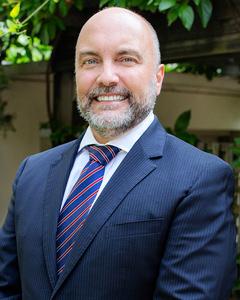
Rodrigo Dias is a Family Law attorney and mediator He earned his law degree at the University of San Francisco and his Master of Science degree in Clinical Psychology from San Francisco State University Rodrigo obtained his undergraduate degree versity of California, Berkeley He arin Foster Care Association and on its Board of Directors Prior to served with the Marine Corps as
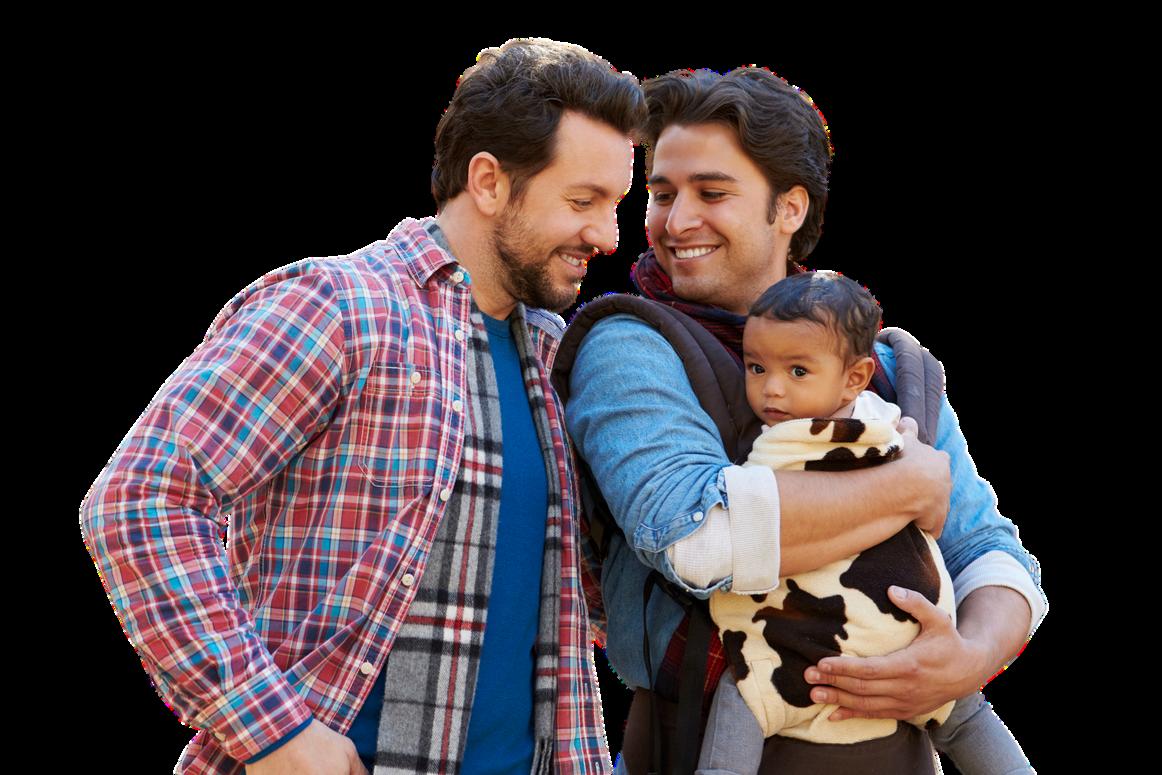

Rachael Keast, Deputy Public Defender & Immigration Attorney
Ten years ago, when I first became a public defender, it quickly dawned on me that, of all the entities within the criminal legal system, public defenders are doing the most work to prevent crimes from being committed. By trying to improve the lives of those we serve and help them stay away from the criminal legal system, public defenders are much more in the business of public safety than anyone realizes.
In recent years, in addition to working with our clients, we public defenders in Marin have been reaching out to help the larger community avoid continued contacts with the criminal legal system. The Marin County Public Defender’s office has made extraordinary changes, bringing our knowledge and services to the general public throughout the county. We are out at community events multiple times a week not only to bring direct services to our clients as a sort of mobile law office, but also to help educate and guide community members before they become our clients, and to ensure that they are never swept in to the criminal legal system in the first place.
These outreach efforts are possible because of our specialized staff. Our DMV liaison answers people’s questions and assists community members with obtaining drivers licenses and IDs. Our Clean Slate team assists with dismissals of convictions, record expungements, and arrest record sealing breaking down barriers to employment, housing, and services. We have also welcomed a licensed social worker who supports clients with housing and recovery resources,

support, veteran services, and family and childcare assistance. We set up tables at parks, nonprofit organizations, food pantries, homeless encampments, and other locations to make it as easy as possible for the community to find us and take advantage of these services.
Since the federal election, the need for information about immigration law has skyrocketed Questions come not just from our clients, but also from community organizations, agencies, and professionals who want to know more about their rights and responsibilities when it comes to federal immigration enforcement. The Public Defender’s Office Immigration Unit is rising to the challenge. We provide presentations, offer general legal information, and other services to answer those questions. We have presented to groups of physicians, educators, public agencies, nonprofits, and community members. We vacate old convictions where they are impacting a community member’s ability to stay in the United States with their families.
We have also now doubled our capacity to provide such aid not only to clients but to people in the community. Our Immigration Unit exists principally to provide the Constitutionally mandated legal service of advising about immigration consequences of criminal charges, and avoiding those consequences when possible
through plea bargaining. In addition, we have always included informational services to the general public through presentations and answering general legal questions at public events. As the federal government continues to ramp up its extreme enforcement tactics throughout the community, not only for immigrants but for others as well, our office will continue to ramp up our efforts to help the public feel informed and supported and, in the best of cases, protected.
After all, the world is not divided into victims and perpetrators as our system seems to pretend. Everyone has, at some point in their lives, been both. The majority of our clients at the Public Defender’s Office have been victimized by someone else in one way or another, many very seriously. The system we have in place acknowledges the harm to victims when punishing criminal defendants but fails to acknowledge it when the collateral consequences of that harm surface in the form of unwanted behavior, or drug addiction, or homelessness. If you care about victims of crime, care about them even when they exhibit behaviors of someone who has been the victim of crime.

This quote, from Kahlil Gibran’s The Prophet, sums up the sentiment behind the Public Defender’s Office mission:
“Oftentimes have I heard you speak of one who commits a wrong as though he were not one of you, but a stranger unto you and an intruder upon your world.
“But I say that even as the holy and the righteous cannot rise beyond the highest which is in each one of you,
“So the wicked and the weak cannot fall lower than the lowest which is in you also.
“And as a single leaf turns not yellow but with the silent knowledge of the whole tree,
“So the wrong-doer cannot do wrong without the hidden will of you all.
“Like a procession you walk together towards your god-self.
“You are the way and the wayfarers.
“And when one of you falls down he falls for those behind him, a caution against the stumbling stone
“Ay, and he falls for those ahead of him, who though faster and surer of foot, yet removed not the stumbling stone.”
I have always said that public defenders are the people who most deeply understand the truth that you cannot judge someone until you have “walked a mile in their shoes.” While we cannot truly know someone else’s life, we public defenders walk alongside those whose paths are often especially treacherous to help them remove the stumbling stones. When they do stumble, we pick them back up and walk with them until, we hope, they can become faster and surer of foot.
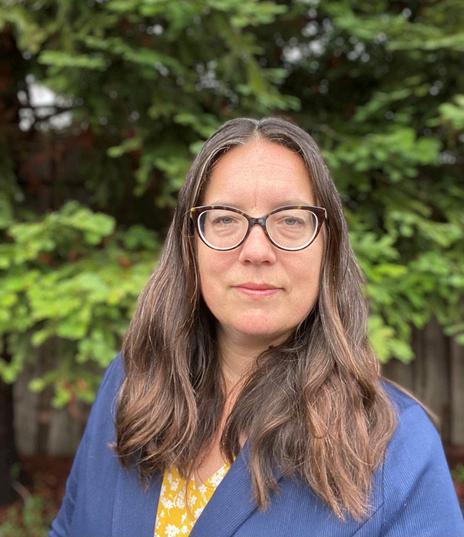
Rachael Keast has been an immigration attorney since 2005 She has been in-house immigration counsel in public defenders’ offices since 2017 She grew up in Marin County and moved back here in 2014.


Tom McInerney
Over 60 years ago, the Supreme Court in Gideon v. Wainwright (1963) 372 U.S. 335 recognized the “obvious truth” that a defendant who is too poor to hire a lawyer cannot be assured a fair trial unless legal counsel is provided. While the Supreme Court has, generally, only extended the right to counsel to criminal proceedings, in California and elsewhere there is growing movement to provide free legal counsel as a matter of right to indigent litigants in matters where basic human needs are at stake.
For example, in 2009 the California Legislature adopted the Sargent Shriver Civil Counsel Act (AB 590), which recognized the need for indigent civil litigants in California to be represented by legal counsel in civil matters involving critical issues affecting basic human needs While access to legal services can be pivotal to people's ability to access and maintain basic needs such as employment rights, housing access, immigration legal services, and health care services too often a litigant’s lack of funds can stand in the way to their access to justice.
Continuing this trend to support legal services for the indigent, in 2024 Governor Newsom signed into law AB 2505, which provides that:
“[I]t has been the tradition of those learned in the law and licensed to practice law in this state to provide voluntary pro bono legal services to those who cannot afford the help of a lawyer and . . . . that every lawyer authorized and privileged to practice law in California is expected to make a contribution, whether by directly providing pro bono legal services or, if that is not feasible, by providing financial support to organizations providing free legal services to persons of limited means . . . . “
To fulfill this commitment, AB 2505 provides that, effective January 1, 2026, all California lawyers are required to report annually whether they have provided pro bono legal services and certain other information through the licensee’s My State Bar online profile on the State Bar’s internet website.
One law firm with a strong Marin presence, Hanson Bridgett LLP, founded in 1958, with an office on Fourth Street in San Rafael, has set the standard for providing pro bono legal services to those in need. As a result, many of its lawyers will face little difficulty in completing these new state bar pro bono reporting requirements. The firm provides 150 hours of credit to associates who work on approved pro bono matters. In addition, during the Covid-19 pandemic, the firm saw a need to expand its commitment to pro bono legal services and created the position of Director of Pro Bono and Social Impact, held by Samir Abdelnour.

Samir, who had been a Hanson Bridgett environmental partner with a strong involvement in pro bono work, coordinates the firm’s pro bono legal services, including by working to nurture and expand the firm’s relationships with public interest legal organizations, including Legal Aid of Marin, Central Legal La Raza in Oakland, and the Lawyers Committee for Civil Rights of the SF Bay Area (LCCRSF).
Intimidation tactics by the Trump Administration has also not discouraged the firm’s pro bono efforts. “Not only have we not backed off, we ’ ve ramped up our efforts,” Samir explained, including by working with LCCRSF to develop legal materials for use by nonprofits and other organizations in order to continue their efforts providing diversity, equity, and inclusion efforts that are in compliance with an evolving legal landscape.
Many Hanson Bridgett attorneys have a strong personal commitment to pro bono, which is fostered by firm leadership. For example, Marinbased partner Andrew Giacomini, a long-time
managing partner of the firm, has a long track record of supporting important causes for the underrepresented. In 2024, on a pro bono basis, Andrew helped finalize the sale of the property that houses the Fairfax-San Anselmo Children’s Center, a 50-year-old institution that provides early childcare and education to children, supporting a diverse population of underresourced families and children.
More recently, Andrew led a team of lawyers, including partner Patrick Burns, counsel Alene Taber, and associate Bianca Velez, in bringing a lawsuit in the U.S. District Court for the Northern District of California on behalf of a large number of agricultural workers in west Marin who have been threatened with displacement due to a settlement between environmental groups and ranchers to close the historic ranches located at Pt. Reyes National Seashore. Their lawsuit, Does 1-150 v U S Department of the Interior, et al , alleges constitutional equal protection and due process violations, violations of the federal Fair Housing Act, the National Environmental Policy Act, and other claims.

Bianca describes her work on the Pt. Reyes case as “ an incredible opportunity” to help marginalized people, which motivated her to attend law school in the first place. “While it may not have been sustainable for me to work entirely in public interest, this allows me to work at a firm that prioritizes pro bono work and makes me feel great about the work I do.” It also allows her to gain valuable litigation experience that she normally would not obtain on her regular billable work.
Elisha Yang, senior counsel at Hanson Bridgett (and MCBA board member), shares Bianca’s enthusiasm for doing pro bono work. Elisha, who primarily handles transactional work in a broad array of commercial and real estate matters, regularly takes on pro bono matters that require her real estate or corporate experience. For example, she has worked with two local churches on real estate matters and assisted small business owners from underserved communities with leases. In addition, while in her regular practice she typically represents landlords, her pro bono work enables her to gain useful experience on behalf of tenants in unlawful detainer and other matters. “As a firm culture, we do like to encourage lawyers at all levels to do community work,” adds Elisha, who, in addition to her pro bono and volunteer work with MCBA, volunteers for various affinity bar associations.

As Elisha explains, “My life mission is to break the stigma attached to lawyers among immigrant community members that you only need a lawyer when you ’ re in trouble. Instead, I want them to know a lawyer can be on their side and advocate for them in other instances as well including when building their businesses.”
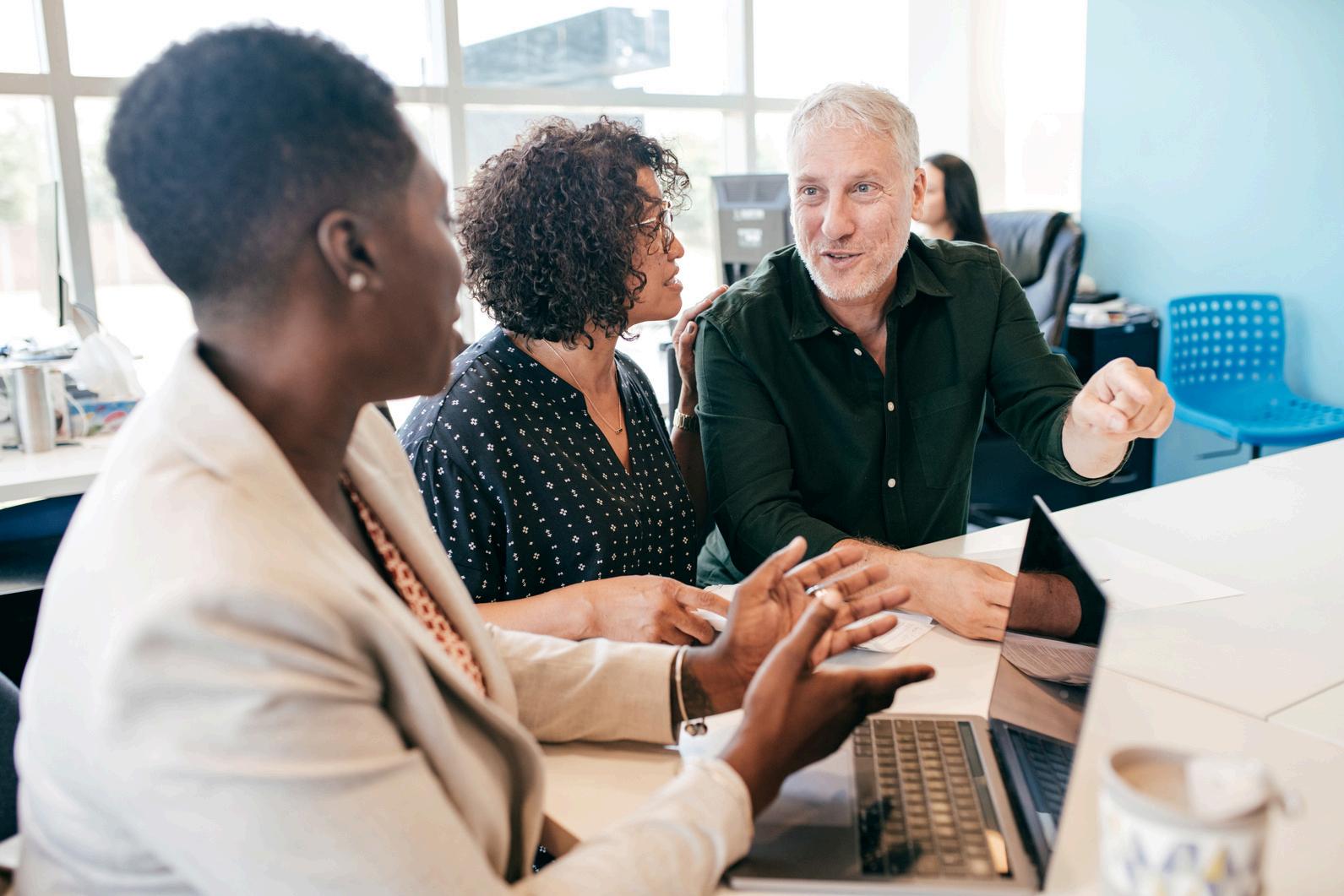
Hanson Bridgett’s commitment to pro bono work doesn’t just make for happy lawyers – it has earned national recognition. For three years in a row (2022-2025) Hanson Bridgett has been the recipient of the Beacon of Justice Award by the National Legal Aid & Defender Association. In 2025 it was recognized by OneJustice as CoChampion of Justice and by Centro Legal de la Raza as Campeones de Justicia (“Champions of Justice”). Hanson Bridgett’s accolades send a strong message: The firm’s success is not despite its pro bono commitment, but because of it.
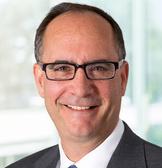
Thomas (Tom) McInerney has extensive employment litigation experience in complex litigation matters, with an emphasis on class actions, multi-plaintiff cases, and trade secret and other complex business disputes. He has tried to verdict several cases in both state and federal courts, and represents clients in a
wide-range of fields, including technology, financial services, insurance, construction, energy/utility, healthcare, transportation and logistics, and personal services
Tom also is a board member of the Marin County Bar Association. For eight years Tom served as an elected official in Marin County, including two terms as Mayor of the Town of San Anselmo, as a board member of the Transportation Authority of Marin, and as chair of both the Central Marin Police Authority Council and the Ross Valley Fire Board

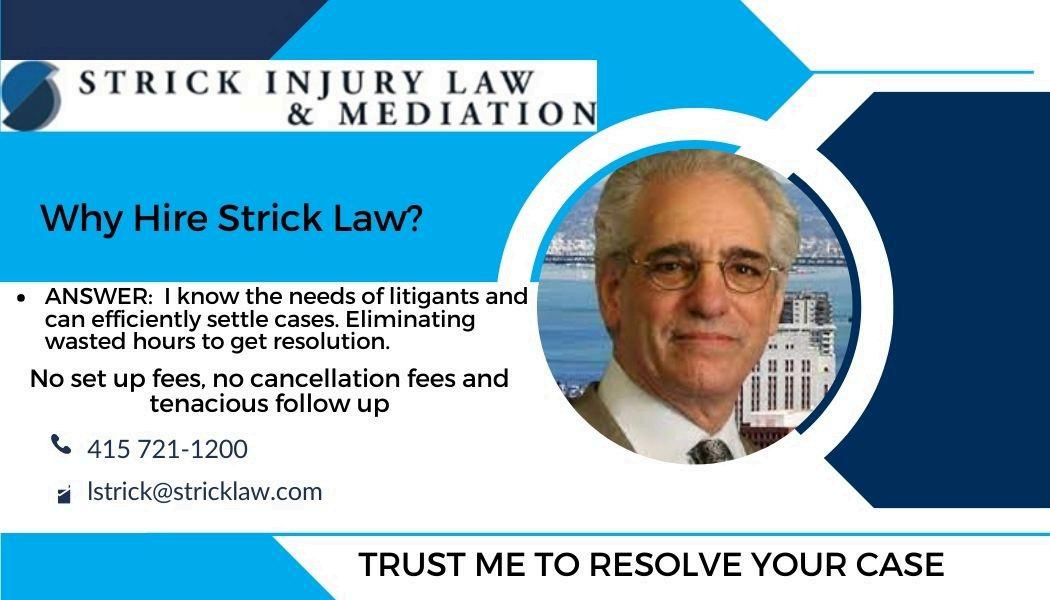
Kristine Fowler Cirby
On September 3, 2025, the Judges of the Marin County Superior Court delivered an important message to the Marin County Bar Association: The Court needs help. Judges Andrew Sweet and Stephen Freccero spoke directly to the Bar about the rising demands placed on the judiciary and the increasingly vital role of attorney volunteers in helping to maintain access to justice throughout the county.
Their message was clear volunteer participation from the Bar is essential to the successful resolution of cases and the overall health of the Court’s calendars. From assisting selfrepresented litigants to serving as temporary judges, opportunities to contribute are plentiful, impactful, and rewarding.
Volunteers are also needed for the Court’s Civil Harassment Order (CHO) calendar, held every Thursday morning at 9:00 a.m. These matters typically involve neighbors, coworkers, or acquaintances in conflict, and while not every case can be mediated, many are well-suited for early resolution with the help of a neutral attorney.
Volunteer attorneys meet with the parties on the morning of the hearing in an effort to facilitate a mutual agreement that avoids trial. A sign-up form for these calendars will be circulated shortly by the Bar Association.
One of the most pressing areas of need is the Court’s civil Mandatory Settlement Conferences (MSCs). These conferences, which typically occur as cases approach trial, resolve approximately 50 percent of the matters they touch. With each civil judge managing a staggering caseload of 780 to 800 active cases, the early resolution of even a small portion significantly lightens the Court’s burden and allows judicial officers to devote their time to more complex matters.



Volunteer attorneys who serve as MSC facilitators help parties find resolution while also keeping their names in circulation as available mediators. For many, it is a fulfilling way to give back to the community while also strengthening visibility and connections within the local legal field.
The Court is also continuing its partnership with Legal Aid of Marin to address housing issues through Unlawful Detainer (UD) settlement conferences. These conferences are held on selected Thursday afternoons via Zoom, and volunteers play a crucial role in helping litigants resolve eviction disputes outside of the courtroom.
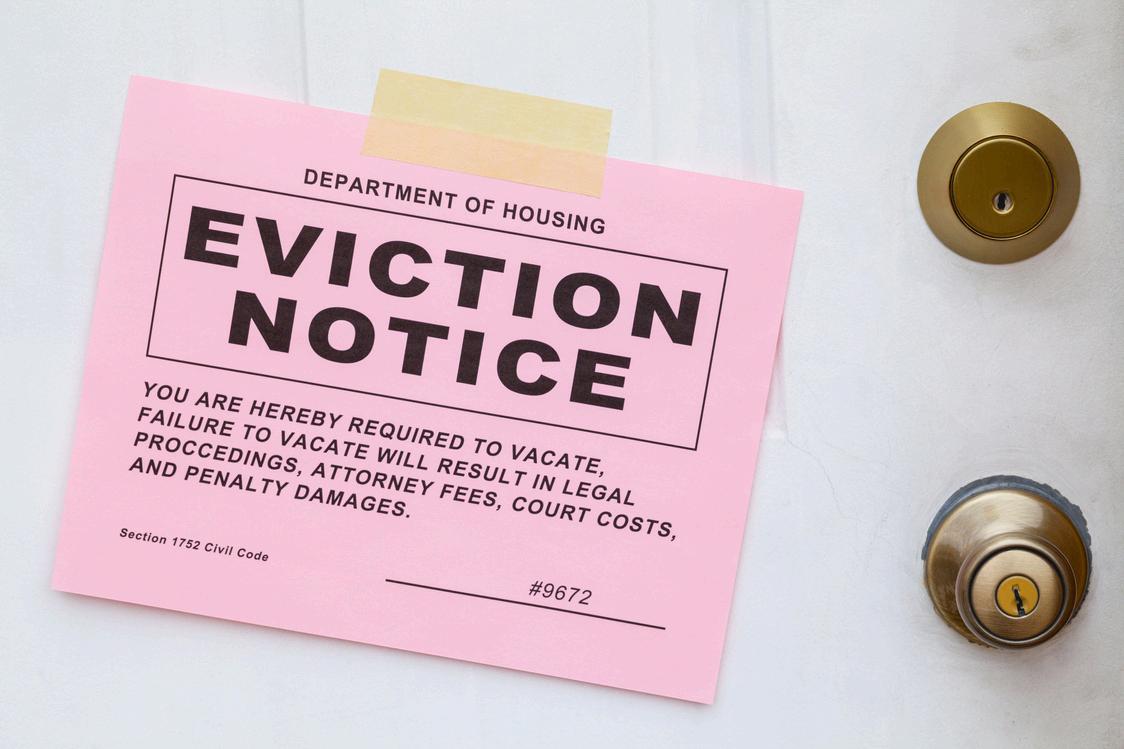
present to assist whether on behalf of a landlord or tenant can make the difference between conflict and consensus. Attorneys interested in volunteering for this calendar are encouraged to contact Legal Aid of Marin at (415) 492-0230.
The Small Claims Court also remains in need of volunteers to serve as Temporary Judges (Judge Pro Tem). The calendar is held every Tuesday and Friday at 9:00 a.m., and while the matters may appear minor, the service they provide is major.
Attorney Brian Kram, who has volunteered as a small claims judge, told the Bar Association, “I am a better lawyer because of [serving as a Small Claims Court temporary judge.]” His comment was echoed by the judges, who noted that when pro tem judges aren’t available, one of them must rearrange their own calendar to hear small claims matters pulling them away from other vital court functions and potentially creating scheduling backlogs.
Attorneys who wish to serve in this capacity must complete the education and training required by the California Rules of Court (Rules 2.812 and 2.815) and Code of Civil Procedure section 116.240. They must also submit an application to the Court and certify that they’ve met the necessary qualifications. Additional information are available on the Court’s Volunteer Opportunities webpage.
Another unique and valuable volunteer opportunity is available through the Court’s Discovery Facilitator Program. After a motion to compel is filed but before a hearing is held, volunteer attorneys are asked to work with the parties in an effort to resolve the dispute informally.
Facilitators will work with both civil and family law judges, and if a resolution is reached or if it’s not they submit a brief report to the Court outlining the outcome. According to judges who regularly oversee these matters, attorneys who serve as facilitators often return to their own practices with a fresh perspective on how to approach discovery disputes more constructively. It’s a meaningful way to support judicial economy while improving one's own litigation skills.
Invited to Contribute
Attorneys who practice family law have additional opportunities to support the Court through participation in Interdisciplinary Settlement Conferences and Bench Bar Settlement Conferences. These sessions provide space for experienced practitioners to help litigants resolve highly sensitive and complex family matters with the guidance of judicial officers and mental health professionals.
Participation in these conferences allows attorneys to make a significant impact while working collaboratively within the family law community.
From housing disputes to neighbor conflicts to discovery battles, the Court is asking for support. These volunteer roles provide attorneys with the opportunity to deepen their skills, strengthen their professional relationships, and serve the broader community in a direct and impactful way.
Whether you're a seasoned litigator or newer to practice, there’s a place for you to contribute. And when we support the Court, we support the integrity and efficiency of the entire justice system.
Attorneys interested in volunteering are encouraged to visit the Marin County Superior Court Volunteer Opportunities webpage for more information.
Volunteering isn’t just about filling a need it’s about building a better court for everyone.

Kristine Fowler Cirby s a family law attorney with over 30 years of experience In 2019, she established her family law firm in Larkspur, handling all types of family law cases, including divorce, custody, domestic violence, and support matters Throughout her career, Kris has advocated for victims of domestic
nts, and low-income families Kris was formerly the Executive Director at Family & Children’s Law Center. She currently serves on the board of Community Violence Solutions. Kris previously held leadership roles with the Marin County Law Library and Marin Women's Commission In 2021, Kris received the Marin Trial Lawyers Association’s President’s Award
MCBA LEADERSHIP CIRCLE MCBA LEADERSHIP CIRCLE

Scott Buell
Scott Buell
Buell Law & Mediation
Buell Law & Mediation
Peter Kleinbrodt
Peter Kleinbrodt
Freitas Law Firm
Freitas Law Firm
Hamilton Tatum “Tate” Holt
Hamilton Tatum “Tate” Holt
Bay Area Disability
Bay Area Disability
Tom McInerney
What people first notice when interacting with a resident or day program participant of Cedars of Marin are the friendly smiles and effusive joy.
Since 1919, Cedars has been a nationallyrecognized leader in providing programs for people with developmental disabilities and is aimed at fostering independence, upholding dignity, and inspiring creative, productive, and healthy lives. Today, it is an integral part of the Marin community, as Cedars supports nearly 200 adults through its residential and day programs across Marin County, with eight group homes, a large main residential campus in Ross, three innovative day programs, and an art gallery in downtown San Anselmo called The Artist Within.
Cedars provides multiple programs that serve the needs of its clients and impact the broader community.
Cedars’ day programs enable clients to engage in the local community by expressing their creative side, working with their hands, and doing volunteer work. One such day program is based at the Textile Art Center (or TAC), situated on 22 acres in San Rafael, where individuals have a wide range of work opportunities to earn income. Members in this collaborative include professional weavers, co-op members, and artists. At TAC, members work to develop and maintain a two-acre fruit and vegetable garden and sell produce at a local farmstand. Some coop members even do landscape maintenance for private homes on gardening crews.
Gail McCallister, a long-time board member and the incoming board president for Cedars, is a

volunteer at the garden at TAC, working with clients to grow fruits and vegetables that later are sold at a farmstand or used in meals for Cedars residents. “The impact on the clients of working in the garden is profound,” she says. “You sense joy from them as they develop a purpose working with and understanding nature.” Gail further noted, “While I’m volunteering to work with the clients, it’s really hard to describe in words the impact they have had on me as I work side-by-side with them in the garden.”
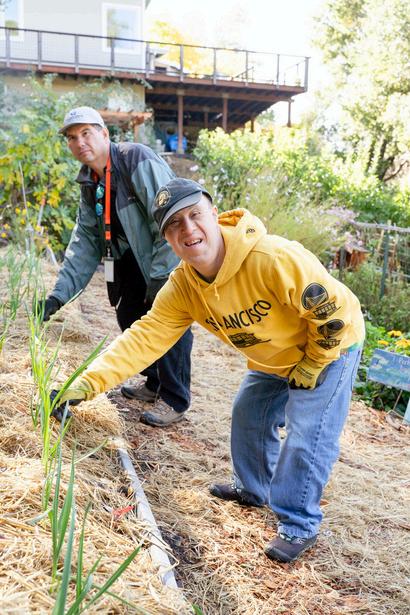
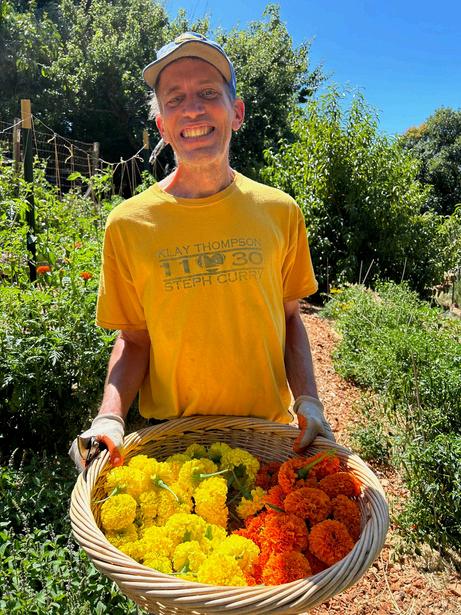
Through the Cedars Community Connections day program, clients contribute to the greater community through volunteer work. At the Marine Mammal Center, participants prepare meals for injured marine mammals. At the SF Marin Food Bank, participants prepare food boxes for distribution throughout the county.
At Cedars Fine Arts Studios, clients’ creative instincts are developed into professional art skills. Clients in this program receive guidance and mentoring from professional artists in the fields of fine arts, expressive art, music, and jewelry making. The results are exhibited and sold at The Artist Within, a gallery, in downtown San Anselmo, generating praise and income. Julie McInerney, a former Cedars board member and long-time resident of San Anselmo, loves stopping by the Artists Within to browse the eclectic art collection created by Cedars artists, and a Cedars painting is a cherished gift for special

Cedars has a storied history serving the needs of the developmentally disabled. The history of Cedars begins with two visionaries Cora Myers and Gabrielle Renshaw. The two met when in the early 1900’s they taught together at the Pennsylvania Institution for the Instruction of Blind in Philadelphia. In early 1919, Myers and Renshaw, then in their early 40’s, headed west to California to continue their advocacy for children with disabilities. World War I had just ended and the country was immersed in the women’s suffragette movement Myers and Renshaw were illustrative of this social revolution, as it was virtually unheard at that time for two women to travel across the country, open a business on their own, and be financially independent.
Myers and Renshaw purchased eight lots along Bolinas Avenue in Ross, California for $15,000 with a bank loan secured by a (male) friend due to the inability for women to secure credit. By 1935, the school had grown to 38 students. In 1936, an art teacher from Colorado, Marie Daniels Tappendorf, was introduced to Cedars by her brother, a local Marin physician, and she became immediately enchanted, stating that getting introduced to Cedars made her feel like she “had fallen off a horse into a pile of four leaf clovers.” Tappendorf and her husband purchased the property, and Tappendorf became Cedars’ Executive Director that year and would continue to shape and impact Cedars for the next 50 years.
connections the young students develop with the clients is just magic,” Gail explains. She is particularly affected by seeing what she describes as the “natural, uninhibited, joyful, and sweet” interactions between the young students and Cedars clients. “It is wonderful to witness and experience young students getting past their apprehension as they get to know and have fun with people who are different from them.”
For much of the early part of the 1900s, institutions geared to the developmentally disabled focused on the “treatment” of a disability, rather than supporting people as individuals. With poor conditions and extremely limited personal freedoms, such institutions were a harsh setting secluded from the community, family, and friends. By contrast, children at Cedars received education from caring teachers, socialized with their peers, and participated in typical activities such as swimming, horseback riding, and gardening. The learning environment was built around individuals’ capabilities and choice.
Cedars has continued to expand and grow over the years, but its core mission of providing a supportive and caring environment for its programs participants remains. The Cedars Development Foundation of Marin was formed in 1965 and is recognized as a 501(c)(3) In the late 1960’s and early 1970’s, the Lanterman Act led to the creation of California’s Regional Centers which distributed funding to disability service providers. While this landmark legislation established an entitlement to programs such as Cedars, the under-funding of its services grows annually, creating the need to raise additional funds.
To meet this need, committed family members who understood the importance of an organization like Cedars established the Cedars Family Association, incorporated in 1984, as a separate nonprofit to assist in fundraising for Cedars.
Cedars’
Cedars enriches the lives of clients, their families, and the greater community. Lisa and Rob Epstein of San Rafael (Rob is the San Rafael city attorney and founding partner of Epstein Holtzapple Christo LLP) have a daughter, Zoe, who has resided for several years at Cedars. According to Rob, who serves on the Cedars Board of Directors:
“Zoe loves it there and envisions it as her longterm home for the future (and so do we). Cedars takes care of Zoe’s needs while providing her the space and freedom to enjoy an active life in the community and pursue her goals. She loves the Cedars art program and participates in Cedars’ Community Connections program as well. For the past two years, Zoe has traveled to Sacramento to engage in legislative advocacy on behalf of Cedars and its sister organizations statewide that provide services to adults with special needs ”
Sterling L. (Terry) Ross of Mill Valley, another Marin attorney with a close relationship to the organization, first served on the Cedars Board back in 1992. Inspired by his work as camp counsellor for the developmentally disabled while in law school, Terry researched their legal rights, learning that most statutes then in effect referred to the disabled by the anachronistic and demeaning terms of “idiot,” “imbecile,” and “moron.”

Committed to combatting this perception, Terry became a lobbyist for the California Association for the Retarded, now known as The ARC California, advocating for the rights of the disabled. Terry learned of the need for family members to develop estate planning tools to enable their disabled child to continue to receive government benefits, so he developed the first ever “special needs trust.” This trust allows a disabled person to maintain their eligibility for public assistance benefits despite having assets that would otherwise make them ineligible for those benefits.
“I love working with the clients. They are just so genuine and loving, and a pleasure to be around,” Terry said of his work.
Today, thanks to the dedication of people like Gail, Julie, Rob, and Terry, and the Cedars clients who inspire them, Cedars is stronger than ever
If you have an interest in receiving a Cedars tour or otherwise learning more about the organization, feel free to contact the co-executive directors, Chuck Greene at chuck@cedarslife.org or Cheryl White at cheryl@cedarslife.org.

Thomas (Tom) McInerney has extensive employment litigation experience in complex litigation matters, with an emphasis on class actions, multi-plaintiff cases, and trade secret and other complex business disputes He has tried to verdict several cases in both state and federal courts, and represents clients in a
wide-range of fields, including technology, financial services, insurance, construction, energy/utility, healthcare, transportation and logistics, and personal services
Tom also is a board member of the Marin County Bar Association For eight years Tom served as an elected official in Marin County, including two terms as Mayor of the Town of San Anselmo, as a board member of the Transportation Authority of Marin, and as chair of both the Central Marin Police Authority Council and the Ross Valley Fire Board
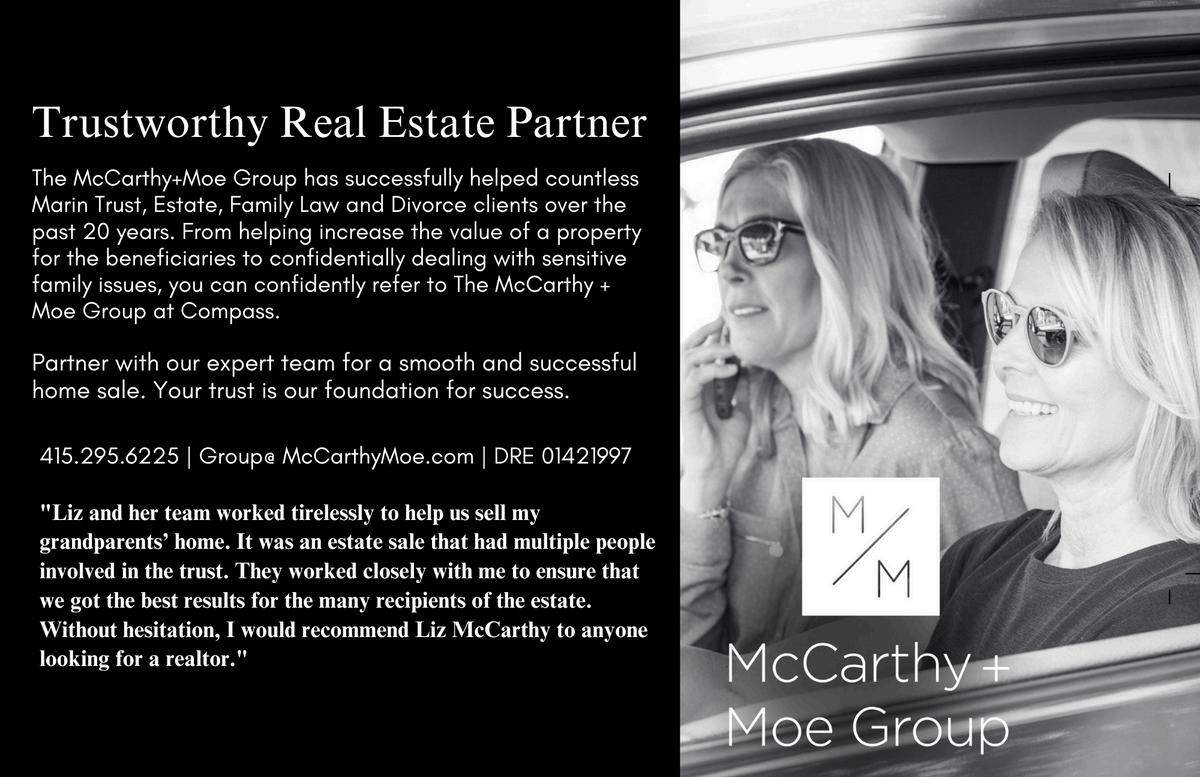
Platinum Sponsor


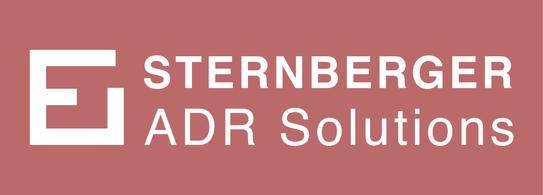
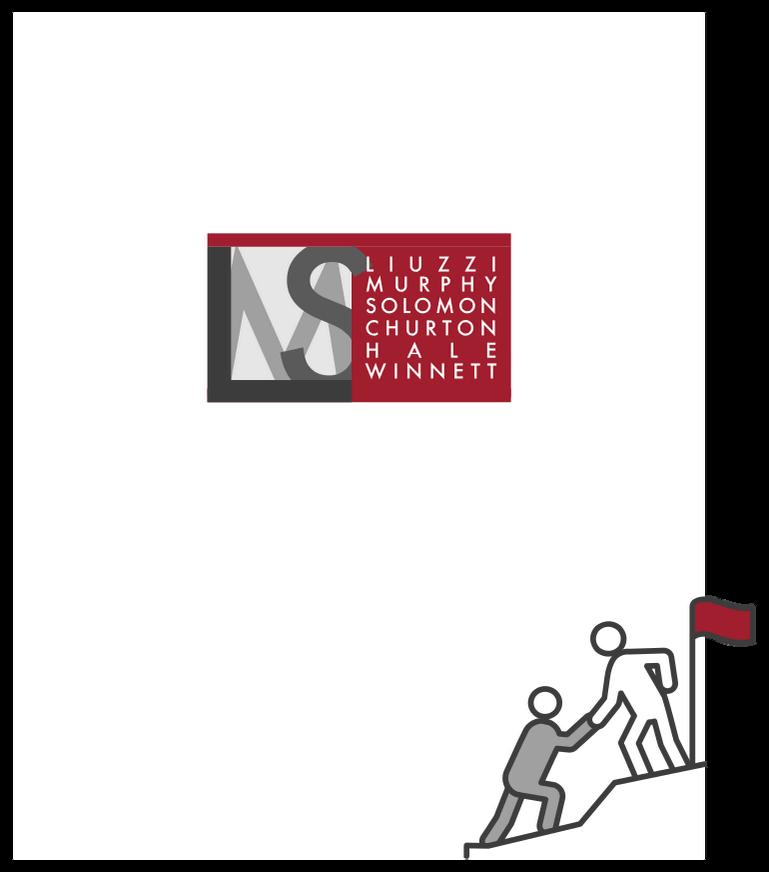

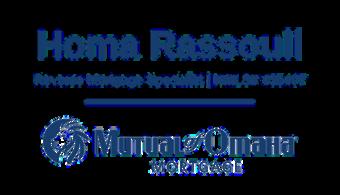




Interested in Sponsorship? Contact Julie Cervetto
Morgan H. Daly is a Marin County Bar Association board member and runs her own criminal defense practice based in San Rafael. I sat down with her to get to know her a bit more and discuss her practice and her outlook on the criminal defense issues in Marin.
Morgan, tell us a little bit about your background, such as where you grew up and went to school?
I’m a sixth-generation San Franciscan, raised in the Lower Haight neighborhood of San Francisco and I attended Everett Middle School, and later Lowell and McAteer High Schools. My mom, however, grew up in Marin County as one of seven kids, running barefoot around west Marin. So, when I was a kid, I spent many weekends here in Marin visiting family, and it has always felt like home. I didn’t stray far from Marin as I grew up: I went to College of Marin, then UC Santa Cruz, and USF Law School.
Describe your work history—where did you work after law school?
I initially worked as a research attorney, first for the San Francisco Superior Court working at the Hall of Justice, mostly drafting bench memoranda for the judges, then for the California Supreme Court with their criminal central staff. When I finished those terms, it was 2008 and no one was hiring so I started doing court-appointed criminal appeals and joined the panel at Alternative Defenders, Inc. in Marin, which is a panel of attorneys who take court-appointed cases when the Public Defender’s Office has a conflict of interest (e.g. because they represent the co-defendant).
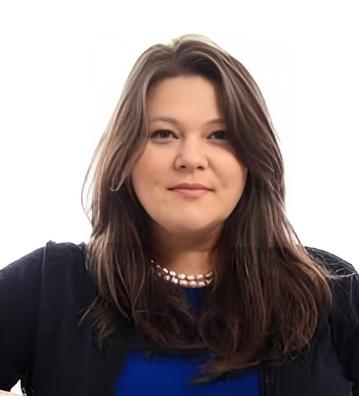
Morgan Daly
Describe your legal practice currently—who do you represent, what’s the general nature of your practice? Do you do entirely criminal law, or also civil?
My practice is focused on criminal defense and related areas, such as work with/for juveniles and restraining order litigation. Mostly, I represent indigent criminal defendants on a court-appointed basis. I find the work deeply meaningful. Through this side of my practice, I have gained a great deal of courtroom experience that I can bring to the table to assist private clients as well.
While I love being in the courtroom and going to trial, I also find my work with juveniles either those who have been accused of crimes, or those against whom a restraining order is sought especially rewarding. It’s so important that kids have an attorney who is able not just to represent them in legal proceedings, but who can also connect with them and really listen. I’m very proud of being able help these kids.
You indicated that you worked as a research attorney for both the CA Supreme Court and the SF Superior Court. What impression did that experience give you into the quality of judges we have in California?
In my experience judges in California are deeply committed to getting it right and serving the cause of justice. Working for these judges instilled in me a deep appreciation for the work judges face – reaching the right result is not enough if you don’t also provide the right process. The converse is also true: the correct process does not always reach the correct result but it’s the best we can do, and the best way to earn respect from litigants.
Would you ever want to be a judge?
Early in law school, I thought that’s where I was headed. However, the more I learned about the criminal justice system not just in theory but in practice I realized how overwhelming the balance seemed in favor of the prosecution. As a result, I felt more fight was needed on the side of the defense. The law has shifted a bit since then to be more compassionate for defendants. I’m flattered by the nudging of colleagues to apply for a judicial appointment, but I’m not quite ready to give up advocacy just yet. I love my clients, and I love having clients. Clients keep me focused and grounded.
Why did you go into criminal law?
My background is in philosophy and I’ve always been fascinated by how we as humans govern ourselves and strike a balance between preventing harm and protecting individual liberty. Also, I didn’t have much interaction with the legal process or with lawyers before attending law school – but I quickly realized how much I enjoyed criminal defense attorneys they seemed happier than those on the civil side, even when working long hours, and they never lost their sense of humor. Both of my daughters were born during law school, and I knew that work-life balance was always going to be a struggle. I figured that if I’m going to be working long hours, it should be for something I believe in, and that I should also have fun while doing it.
What’s another area of law you’d like to practice, but don’t?
Antitrust, definitely. In law school, I worked as a research assistant for a law professor in this area and learned how fascinating and important that work is. It’s as fascinating and important as the work I do now, but more scholarly. However, this work would also mean less time working directly with clients and being in the courtroom. So, I’m happy with my choices.

What’s a skill or hobby that you’re good at that people would be surprised about?
I don’t know if people would be surprised because I talk about it constantly but I’m an avid snowboarder. During college, I took winters off to work as a children’s ski and snowboard instructor, and I still try to get up to Tahoe twice a month in the winter. I also love to cook, with an emphasis on vegetarian and Asian cuisines, and I enjoy painting landscapes.
What’s your strategy to unwind and relax?
I like to socialize. Usually, I stay busy but shift gears like volunteering to cook for a volunteer workforce, bringing a carload of kids to the snow, or throwing an impromptu dinner party. When It’s really time for downtime, I paint landscapes while listening t nonfiction audiobooks.
Any authors in particular?
I’ve burned through the catalogues of Malcolm Gladwell, Yuval Noah Hararian, and Mary Roach. Next in the cue is “In this Economy” by Kyla Scanlon.
What’s the biggest misconception people have about criminal defense work?
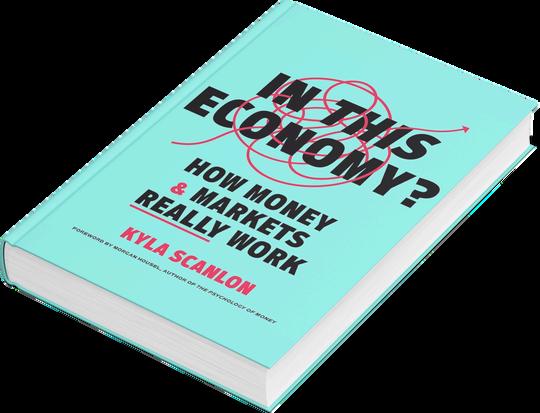
That’s easy: “How can you represent someone whom you know is guilty”. I get this question fairly often, although almost never from anyone who works in the criminal justice system. I welcome the dialogue, but the question reveals a lot of misconceptions about what I do.
If you were accused of a crime, wouldn’t you want a lawyer? If we agree that the accused deserve the benefit of counsel, then do we want their lawyers making snap judgments about guilt or innocence in deciding to represent them? If that were the case, what would be the point of the criminal justice system? How could defendants afford to be honest with their lawyers?
The question also presumes that there is something immoral about representing the guilty. That’s ironic because in my experience public defenders are the most moral among us How do I know? Because when we learn to judge other people, we first look inside ourselves. I believe public defenders are more likely to see goodness in others because of the goodness inside themselves.
This question also reveals a misconception that criminal defense attorneys are pro-crime. That’s obviously not true. I’m just like everyone else I have a family that I care about and want to be safe. But it also reveals a prejudice against the accused in our society, like that a person who has committed a crime is somehow categorically beyond redemption and undeserving of dignity?
Pushing back against those prejudices and misconceptions are a big part of what I do. The truth is that guilt or innocence is never black and white. There are many shades of gray in between. Sometimes my clients are guilty but deserve a second chance.
Sometimes, of course, they are not guilty this happens more often than you’d think.
What is one thing you would change about the criminal justice system?
I would make it easier for folks to take responsibility and make amends without ruining their lives. Also, I would improve prison conditions to make them more humane and more rehabilitative.
If someone gets into criminal trouble, what’s the best advice you have for them regarding how to hire a lawyer?
Do it early. I would advise folks to consult an attorney as soon as you have reason to believe you are being investigated or might be accused of a crime. After that, do some shopping. The criminal bar in Marin boasts a deep pool of talented advocates. Make sure the attorney you hire has a good local reputation and that you have a good rapport and feel comfortable with them. Trust is essential to a successful attorneyclient relationship.
What’s the best thing about having your own law firm? Worst thing?
Being your own boss same answer for both questions.
What would you tell other solo-practitioners about the benefits of MCBA membership?
It’s worth it! At first I was hesitant I would show up at events worried that I wouldn’t fit in. But I was warmly welcomed. I joined the programs committee and then the board. I love being part of a community and having colleagues outside of criminal law whom I consult with and refer cases to. Marin County is relatively small legal community, so MCBA’s leadership makes a real difference in influencing policy and fostering civility. Also, I like having a lot of people to say hello to when I walk through the halls at the Civic Center.
Tell us about your family. What are you most proud of them for?
I am married and we just celebrated 15 years of marriage with a trip to Istanbul I have three children ages 22, 20, and 11. I could brag about my kids for hours. I am proud of them for so many reasons my daughters (22 and 20) are both studying engineering and my son (11) started his own (sporadically published) newspaper but I’m probably most proud of their compassion, critical thinking skills, and sense of humor.
What’s your best advice for balancing a family with your law practice?
Try not to need very much money. My daughters were born while I was in a law school, and I embarked on my legal career as single mother. I am grateful for court-appointed panel work because it allowed me to set my own hours, but I had the elasticity to work an 80-hour week when it was necessary. These days, I regularly work longer hours and I’m grateful to my spouse for picking up the slack.
There aren’t easy answers. Blocking out family time away from phone and email is critical. But being able emails and step away to take a call is often what allow show up for my family.
Most importantly, I share with my kids why I’m wor because mommy has an important job she helps people.
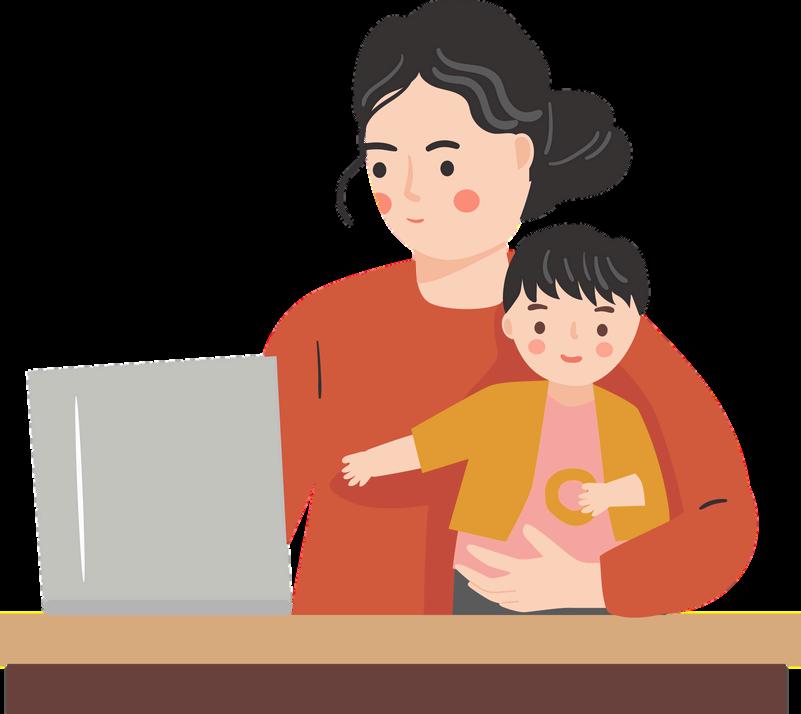
Kelsey Belli
Pranger Law PC
Diksha Chhetri
Brayton Purcell LLP
Angie Cicin-Sain
Daniel Dahlin
Marin County District Attorney's Office
Lizabeth DeVries De Vries Law Firm, P.C.
Daniel Dovev Harrison LLP
Katelyn Dykehouse
Marin County District Attorney's Office
Sami Elamad
Andrew Ellsworth

ADR
Barristers
Business
Construction
Criminal
Diversity
Employment
Estate Planning
Probate
Richard Koman Law Offices of Richard Koman
Alexandria Kozak
Taubman Dias Dominguez LLP
Ashley Mains
Marin County Public Defender's Office
Leah Mesfin
Marin County District Attorney's Office
Sarah Moran Grammarly, Inc.
Ravi Patel Law Office of Ravi Patel
Christina Wallis Law Offices of Tina Wallis, Inc
Mentoring Grp
If you are a current 2025 MCBA member, you can use the listserv to query your colleagues on legal updates, ask for recommendations for experts, share Court administrative processes, and use the platform to expand legal knowledge. To maintain engagement and sign-ups, we don't use the listserv for advertising, campaigning, or for public discourse To join the listserv Sign Up HERE Start using the listserv and email your message to current subscribed MCBA Members at mcba@groupvine.com or send to these specific practice

THERE ARE MANY EXCELLENT REASONS TO BECOME A MEMBER OF MCBA! HERE ARE JUST A FEW:
Build relationships with fellow attorneys and other professionals.
In collaboration with our sections, we offer many CLE programs, covering topical and timely issues.
MCBA, with The Marin County Law Library, offers free legal consultations through our Lawyers in the Library program.
MCBA supports financially disadvantaged students pursuing a law school degree and all high schools participating in Mock Trial.
MCBA’s website and monthly Marin Lawyer newsletter deliver updates on events, court notices, timely legal articles, and legal community news.
MCBA membership provides access to an exclusive community of attorneys and other legal professionals. Explore your leadership potential through board and committee involvement.
Renewal is even easier with our auto-renewal service.
Special offers from select partners.
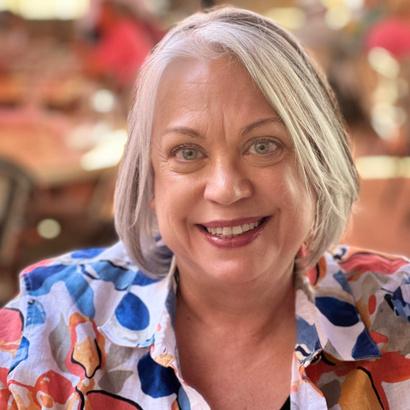

Kristine Fowler Cirby
President
Cirby Family Law Offices
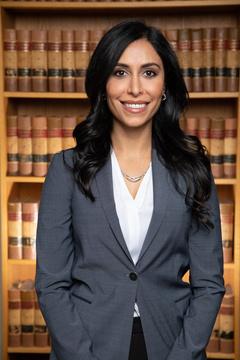

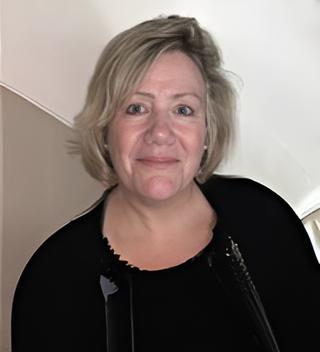
Neusha Ghaedi
Treasurer
DeMartini, Walker, & Ghaedi LLP
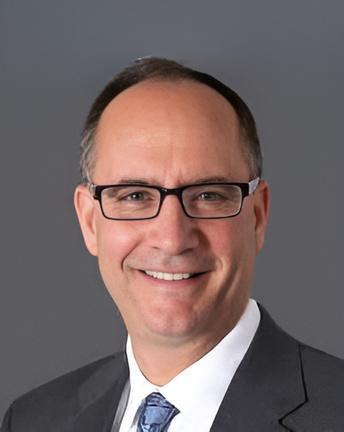
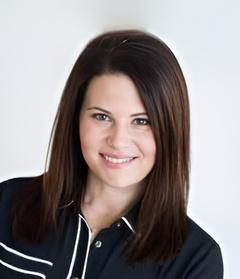
Thomas M. McInerney
President-Elect
Ogletree Deakins
Robyn B. Christo
Secretary
Epstein Holtzapple Christo LLP
Scott Buell
Past President
Buell Law and Mediation
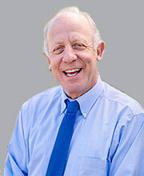
Julie Cervetto
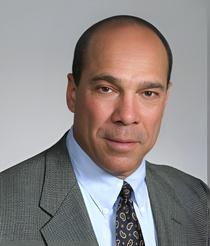
Matt White
5-Year Past President
Monty White LLP
David M. Zeff
Client Relations Chair
Law Offices of David M. Zeff


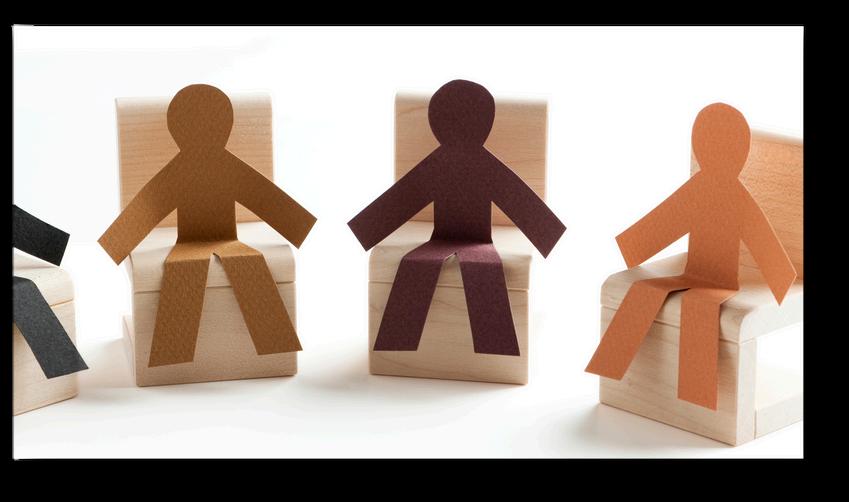


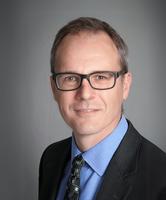

Elisha J. Yang 2025 Director Hanson Bridgett LLP
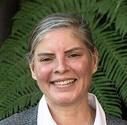
Morgan H Daly 2025 Director Law Office of Morgan Daly
Lucie C Hollingsworth 2025 Director Legal Aid of Marin
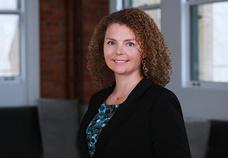
Nestor Schnasse 2025 Director Schnasse Law
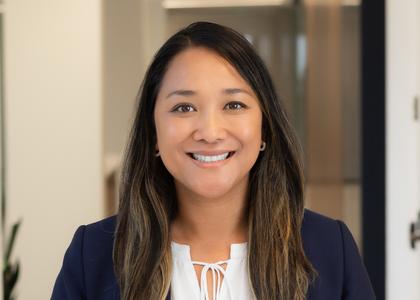
Ingrid L. Carbone 2026 Director Carbone Family Law
Roni D. Pomerantz 2026 Director California Department of Justice
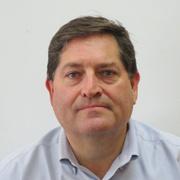

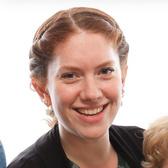
Shanti Eagle 2025 Director Farella Braun + Martel LLP
Marrianne S. Taleghani 2026 Director Nixon Peabody LLP

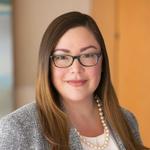
Christine O‘Hanlon 2026 Director County of Marin
Marisa R. Chaves 2026 Director Hanson Crawford Crum
R. Wesley Pratt 2027 Director County of Marin
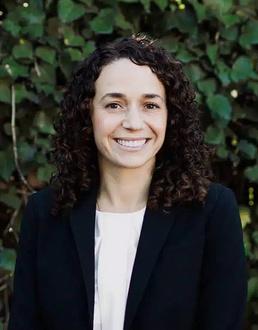
Emily Harrington 2027 Director Maier Law Group
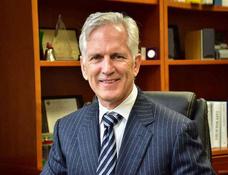
Sarah Anker 2027 Director County of Marin
Adrea Tencer 2027 Director ADZ Law, LLP
Paul Burglin 2027 Director Burglin Law Office, P C
To involve, encourage, and support Bar Association members, to serve as a liaison to the Marin County Courts, to educate the community and enhance access to legal services.

